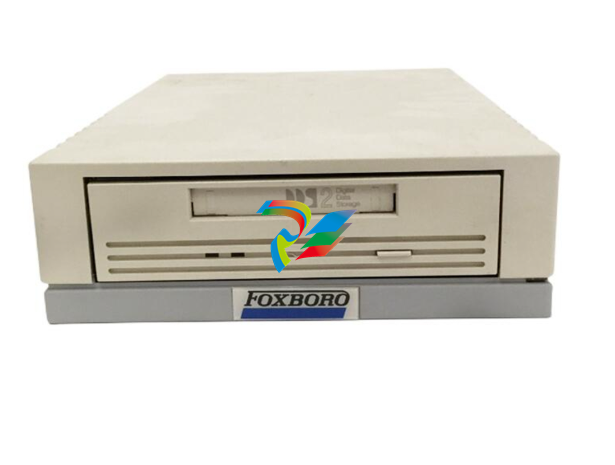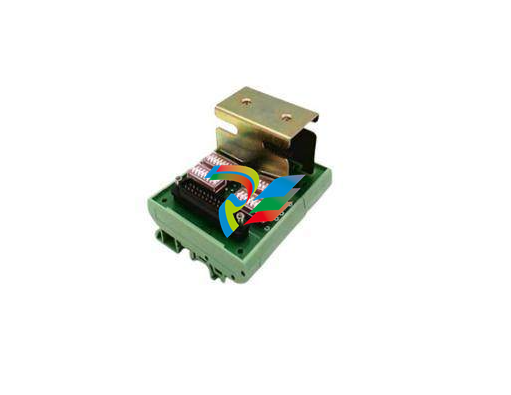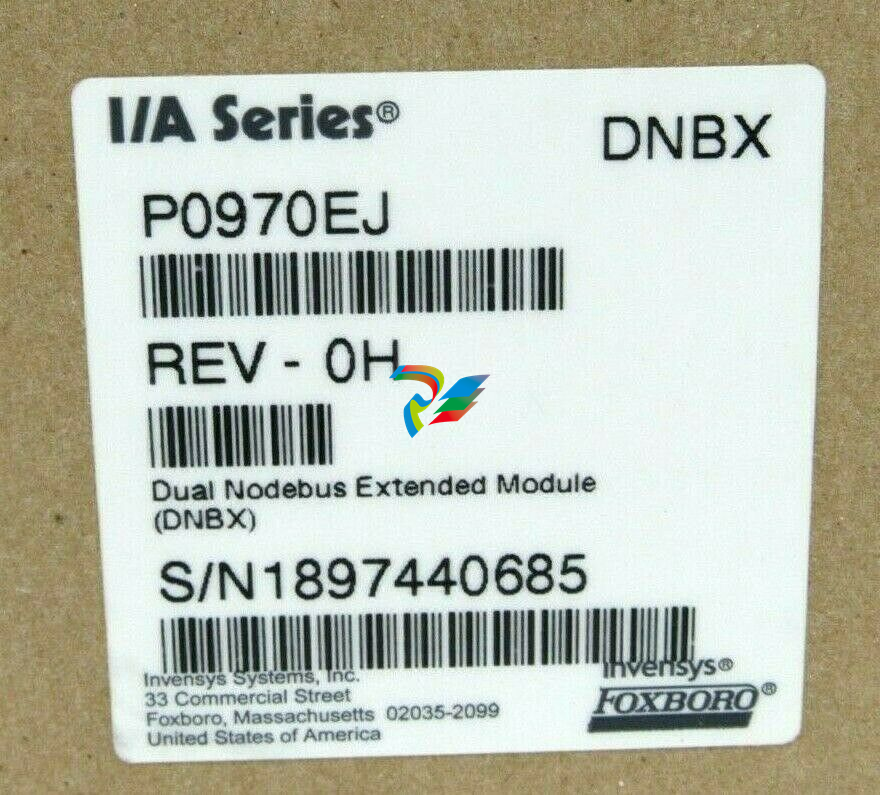
Joint Forces for Digital Product Passport (DPP)
"The VDMA is pleased about the successful harmonization of the two technologies OPC UA and AAS to facilitate the application of the Digital Product Passport as well as further Industrie 4.0 use-cases," said Andreas Faath, managing director, Machine Information Interoperability (MII): “The combination of both technologies reduces implementation hurdles especially for SMEs and increases adaptation. With this initiative a big step to fulfill the need of the mechanical engineering industry for a harmonized ecosystem interoperability is done. The VDMA released more than 100 standardized interfaces that will be usable additionally within the AAS based on OPC UA Information Models.
“The Digital Twin Consortium welcomes this initiative to consolidate and merge the digital twin technologies developed and maintained by the OPC Foundation, the Industrial Digital Twin Association, and the International Data Spaces Association,” said Bill Hoffman, chairman and CEO of Object Management Group. “We have developed and maintained an open-source reference implementation of the Asset Admin Shell Repository for years. This implementation already leverages OPC UA technology, and we’re excited to collaborate with the organizations involved to develop this implementation further.”
About CESMII
CESMII–the Smart Manufacturing Institute–has a total current investment of $140M (with an additional $61M under negotiation) from Department of Energy funding and public/private partnership contributions, with a mandate to create a more competitive manufacturing environment here in the US through advanced sensing, analytics, modeling, control and platforms. CESMII is one of 17 Manufacturing USA institutes on this mission to increase manufacturing productivity, global competitiveness, and reinvestment by increasing energy productivity, improving economic performance and raising workforce capacity. University of California at Los Angeles (UCLA) is the program and administrative home of CESMII.
About DTC
Digital Twin Consortium (DTC) is Accelerating Digital Twin Innovation. DTC executes the promise of digital twins and associated technologies by working closely with our members to accelerate the market. We do this by fostering development, raising awareness, increasing adoption, and improving the interoperability of digital engineering projects propelled by digital twins across many industries. DTC is a program of Object Management Group.
About ECLASS
ECLASS is one of the global reference data standards for the classification and unambiguous description of products and services with its semantic dictionary. Why ECLASS? Because a standardized master-data system is essential to enterprise-wide improvements. Because ECLASS sets the semantic standard for data exchange. And because ECLASS, as an open standard, is constantly evolving and can be adapted to individual user needs. ECLASS was founded in 2000. The ECLASS Standard currently offers about 48,000 product classes and more than 23,000 unique properties that can be collectively categorized with only four levels of classification. As a result, every product and service can be described with an eight-digit code.
About LNI 4.0
LNI 4.0 is pre-competitive and non-Profit and was founded by companies from the Industry 4.0 platform together with the VDMA, ZVEI and Bitkom associations in 2015 and supports German SMEs in their pioneering role in digitalization. Members can get to know and try out new technologies, innovations and business models in Industry 4.0 test-centers and check their technical and economic feasibility before the product is launched on the market. The LNI 4.0 testbeds offer an ideal environment - without competitive pressure and with minimal financial and technical risks to validate use cases and their interoperability and to contribute the results to the standardization process together with the SCI 4.0. This generates market-relevant knowledge Transfer.
About IDTA
The Industrial Digital Twin Association e.V. (IDTA) was founded in September 2020 on the initiative of Plattform Industrie 4.0 and 23 organisations from the electrical and digital industry, mechanical engineering, the software sector, and end users.
The IDTA is the first point of contact for the standardised Digital Twin and offers all industrial organisations a platform for participation. The aim is to establish the Digital Twin for components, machines, plants and entire factories as an open source technology and to develop it further together with industry.
The core technology for the implementation is the Asset Administration Shell (AAS), that enables quick and easy access to data over the entire life cycle thanks to standardised software structure, interfaces and semantics using current security mechanisms. The AAS has already enabled, among other things, the realisation of a digital nameplate, the simple provision of the CO2 footprint of an asset or the comprehensive asset management in production plants.
The AAS is internationally standardised in IEC 63278 and is a central component of the Manufacturing-X projects, which describe the data space of the future industrial supply chain.
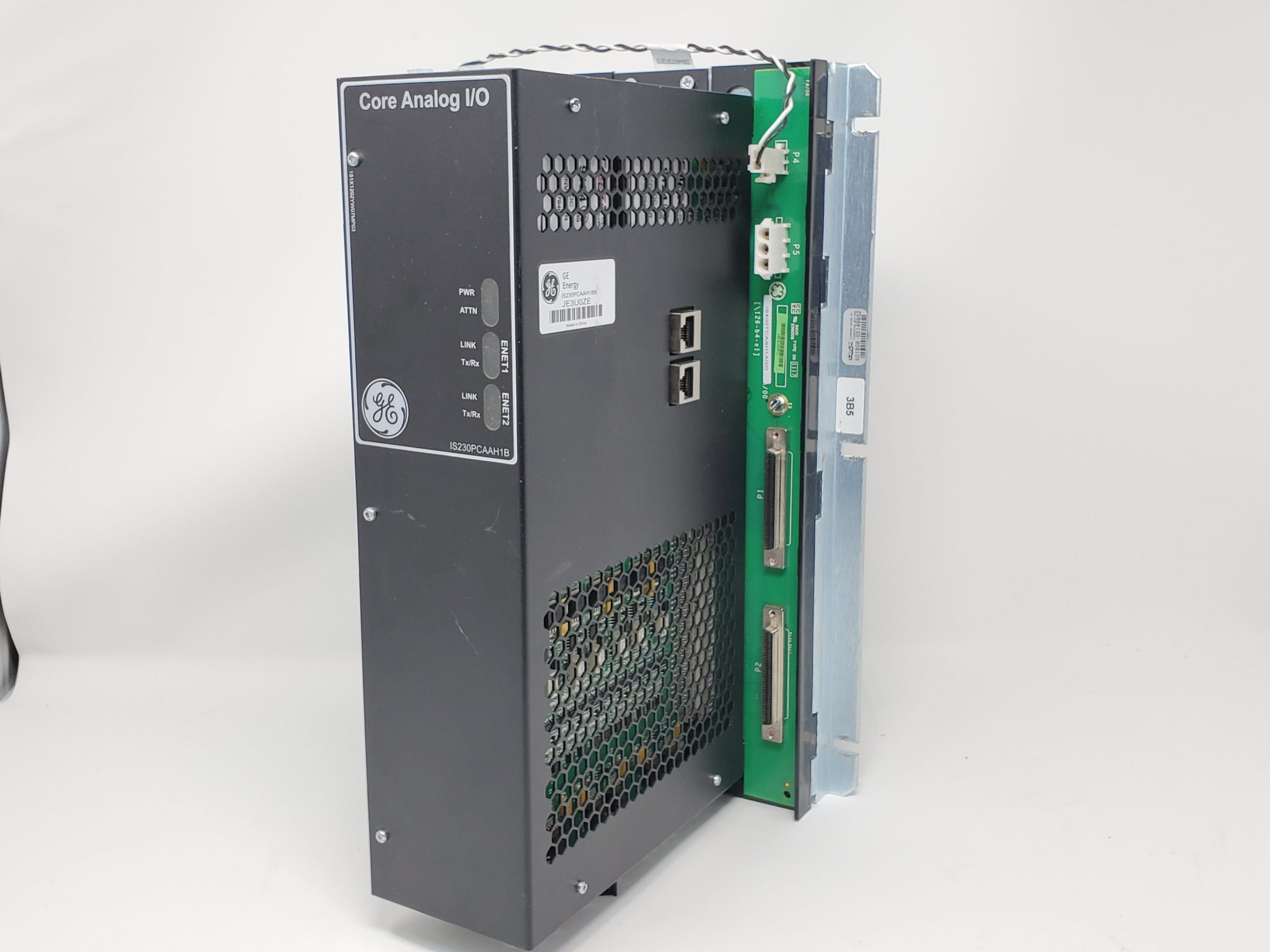

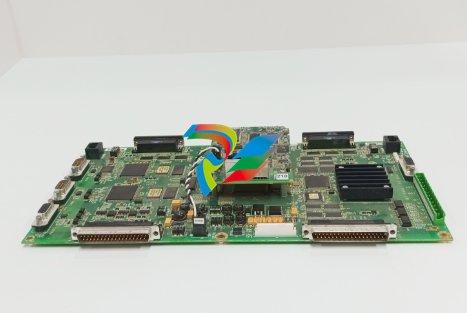
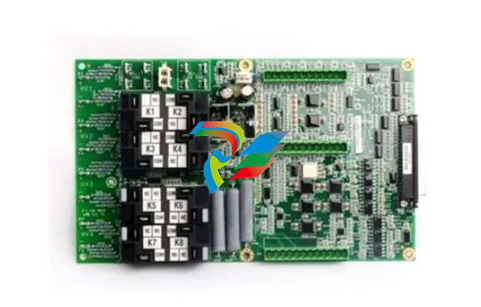
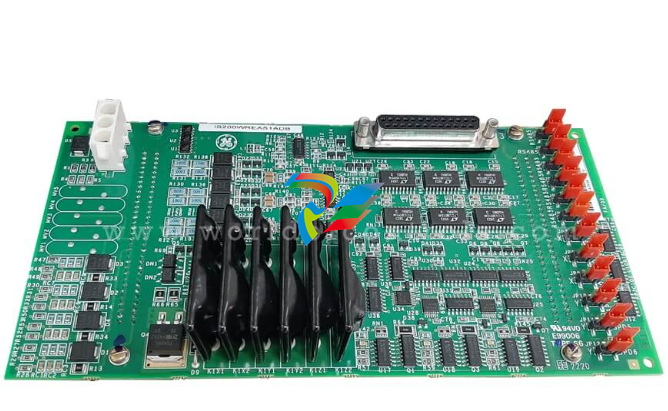
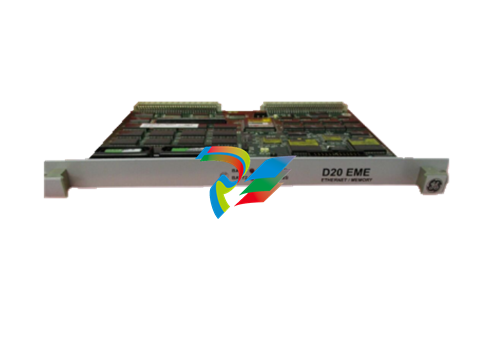
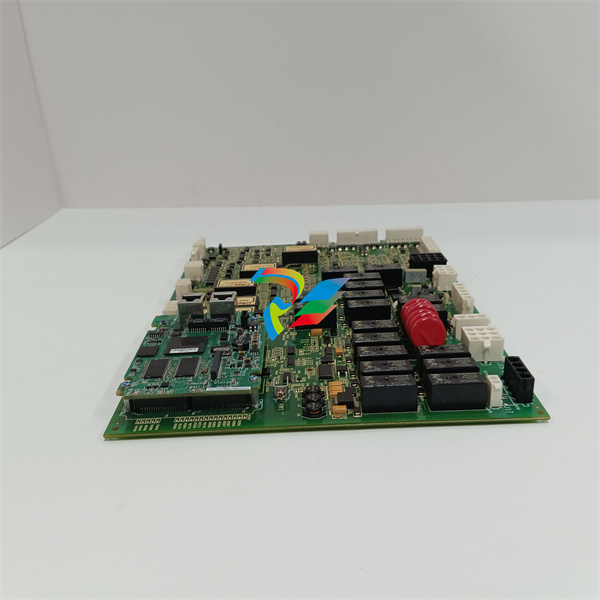
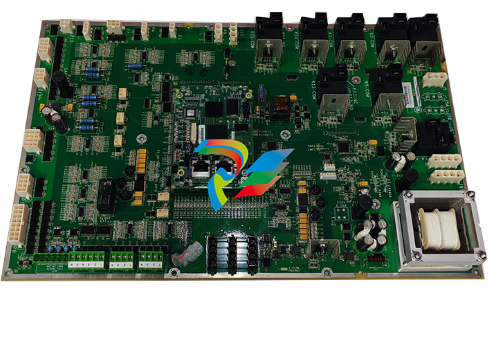
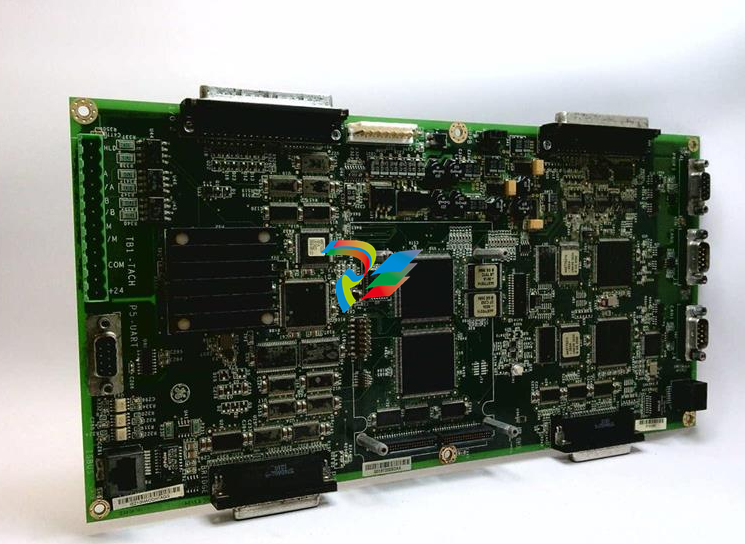
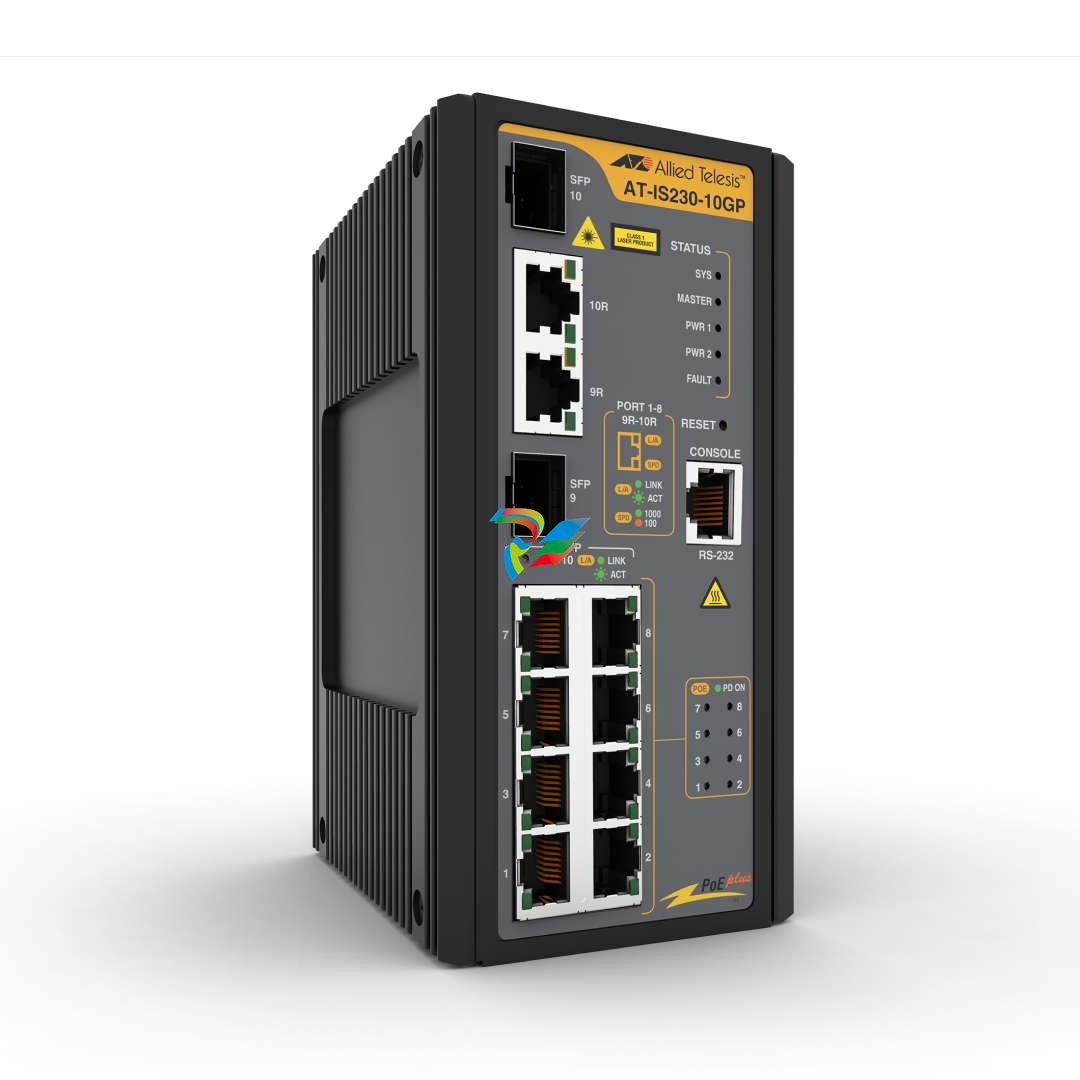
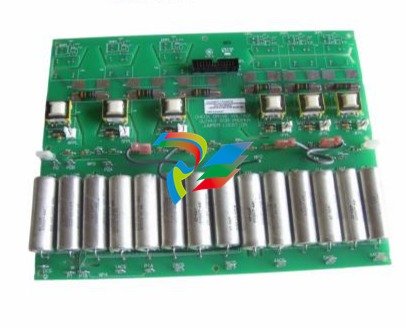
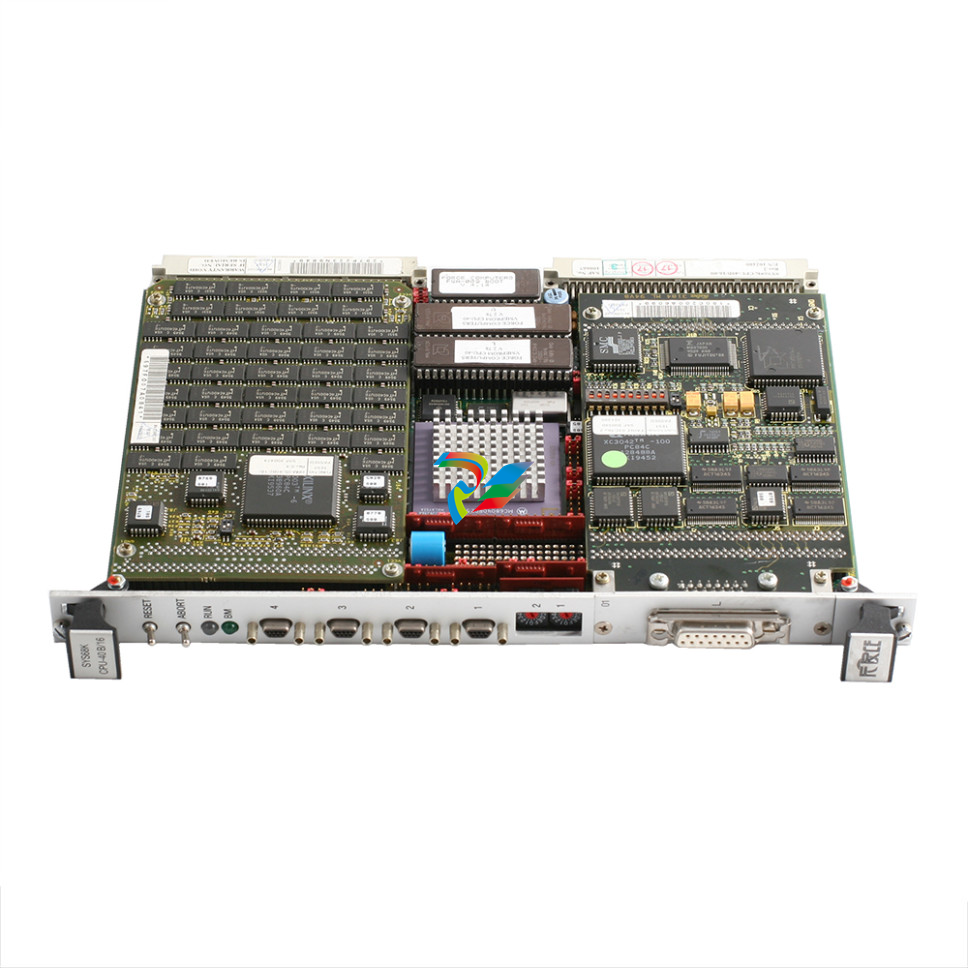
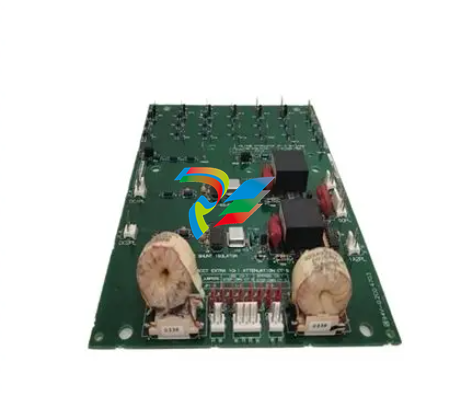
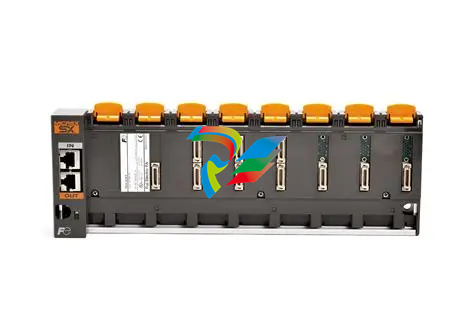
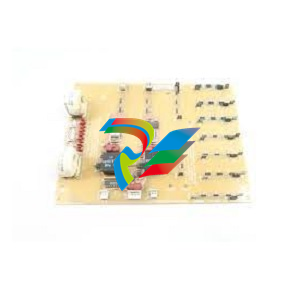
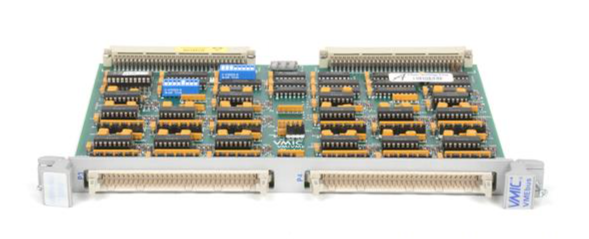
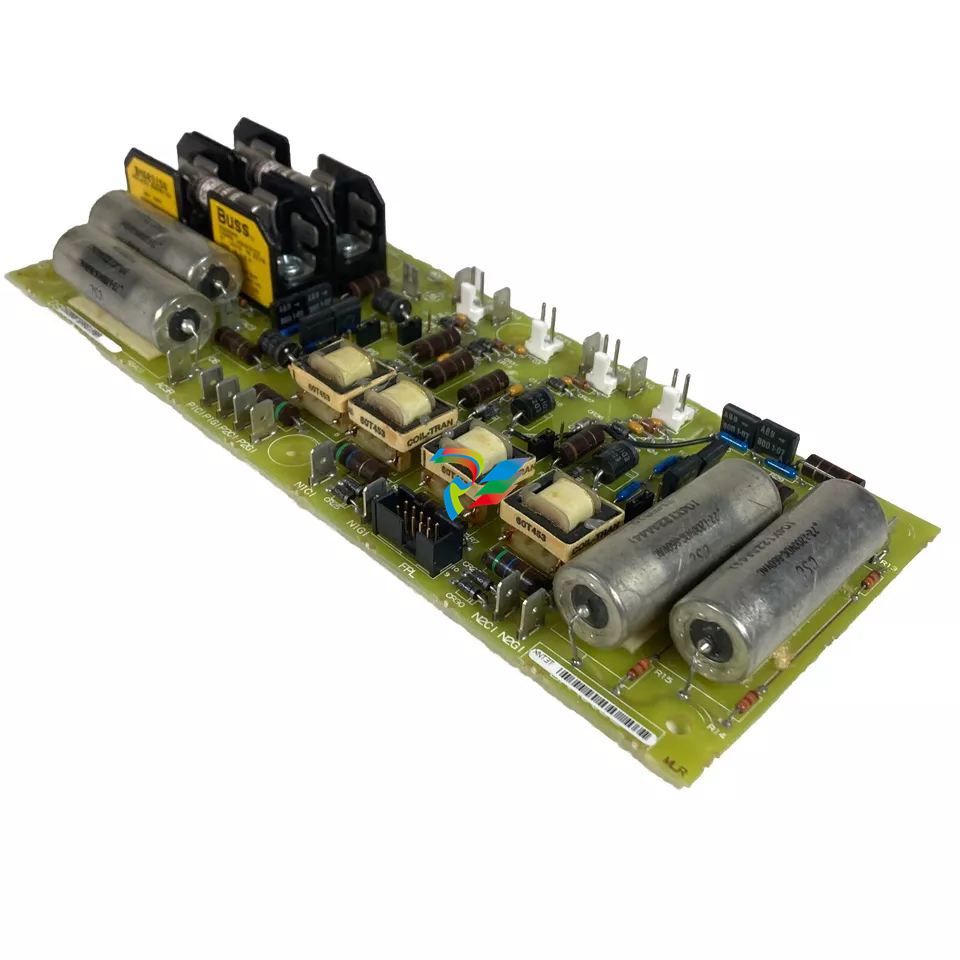
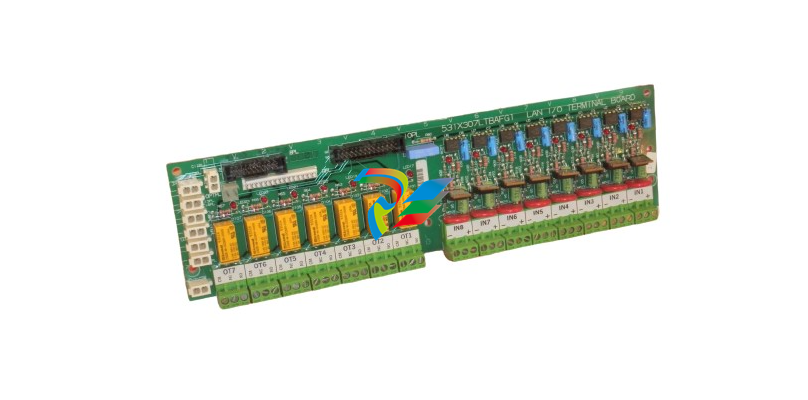


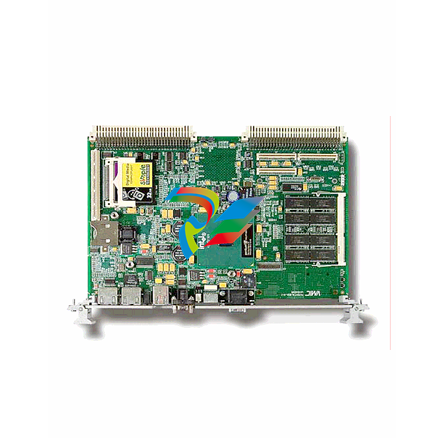
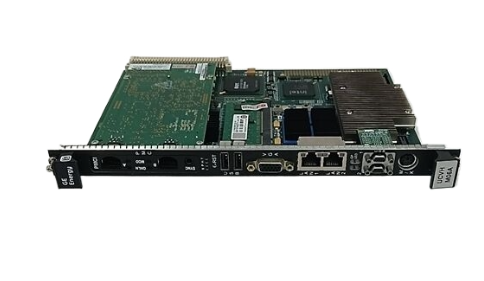
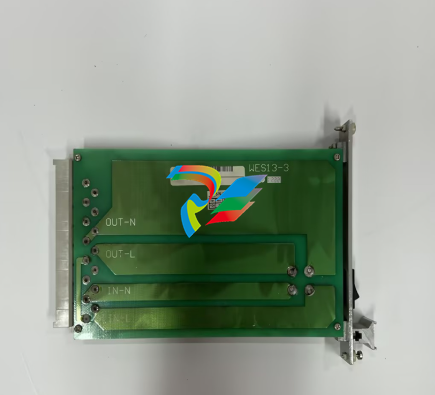
.jpg)
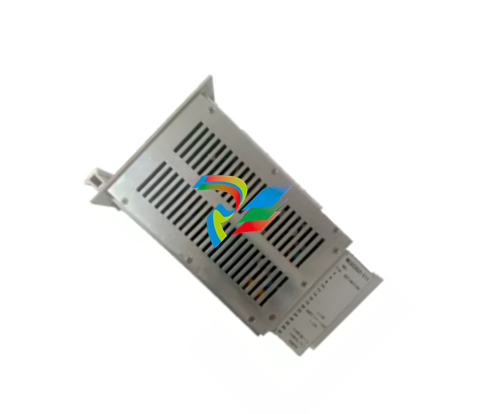
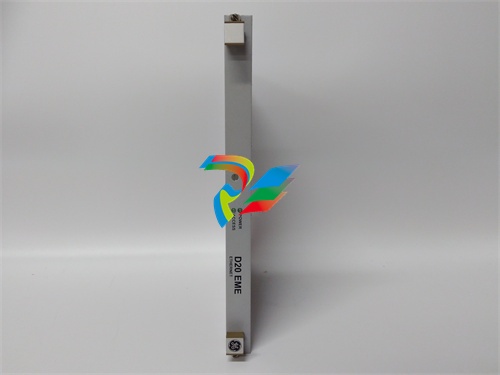
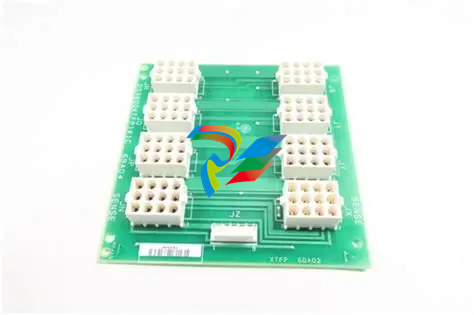
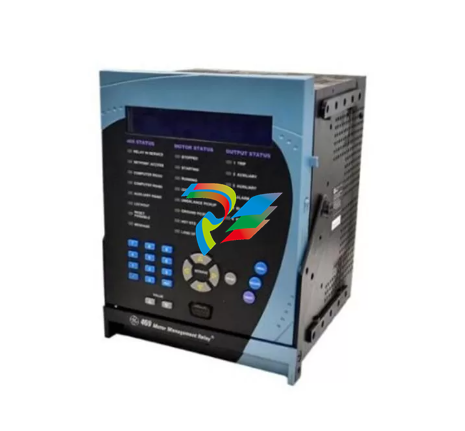
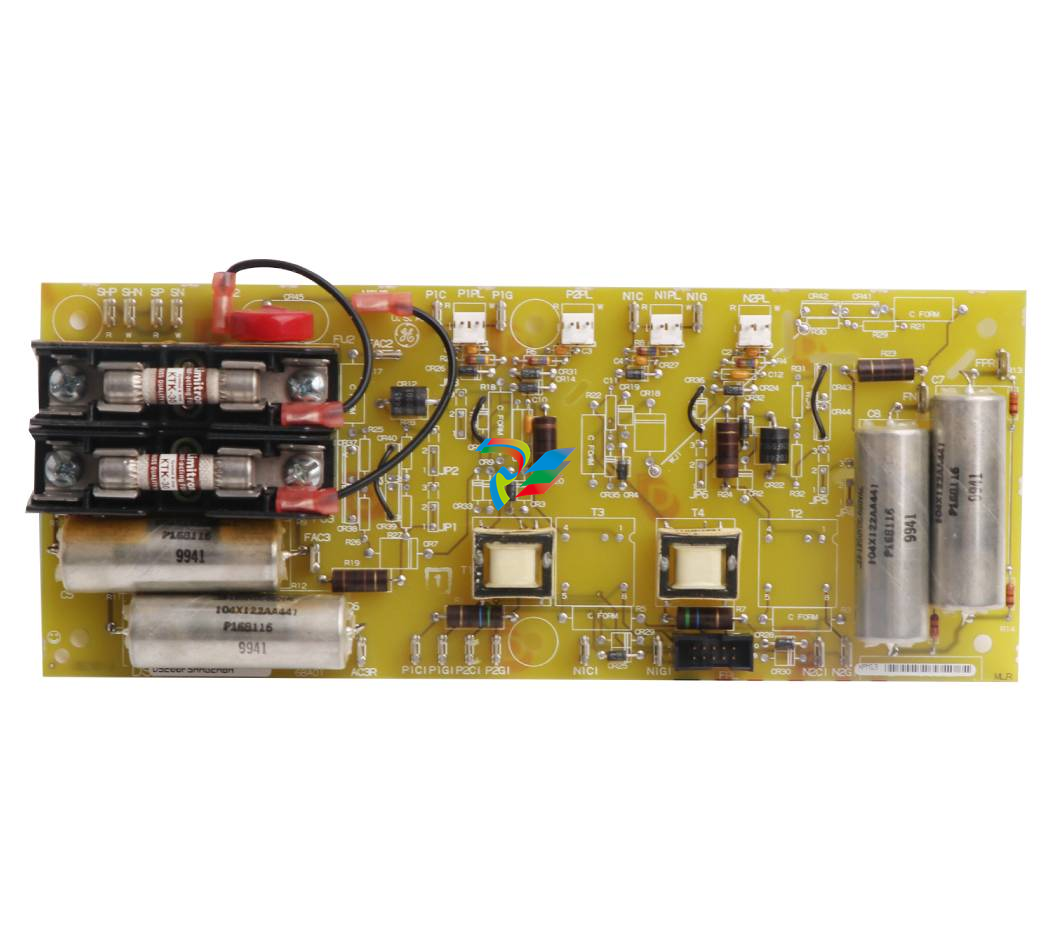
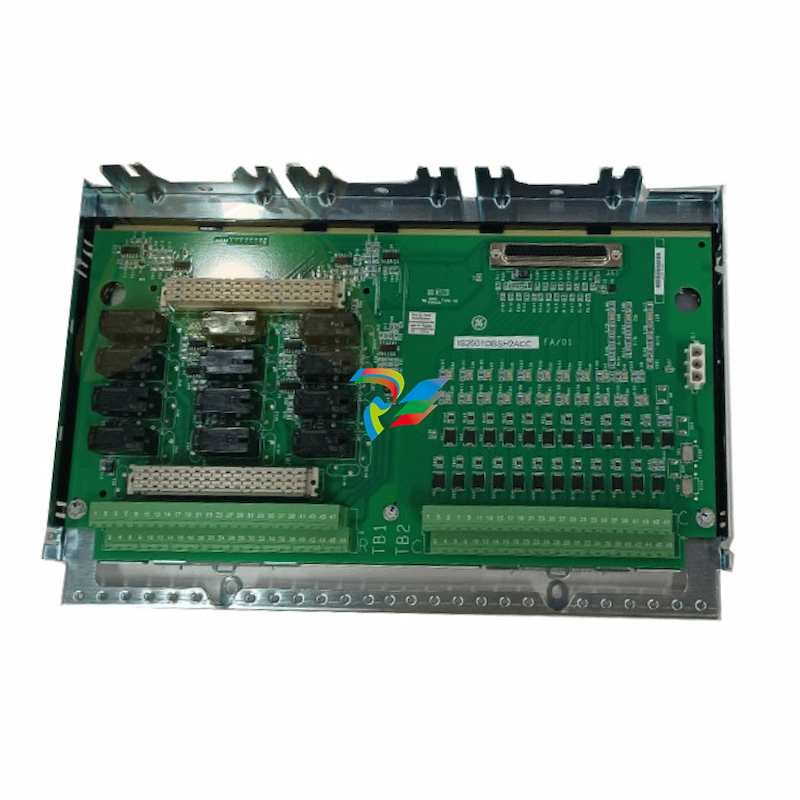
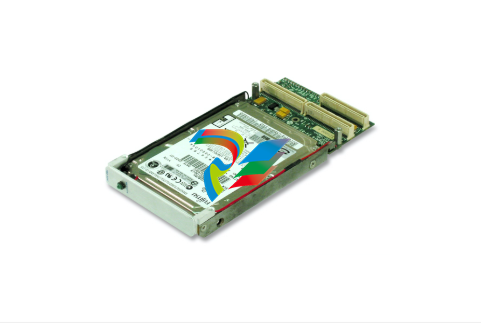
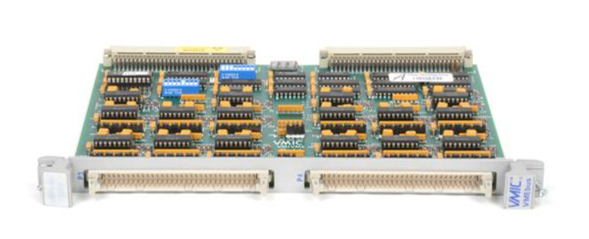
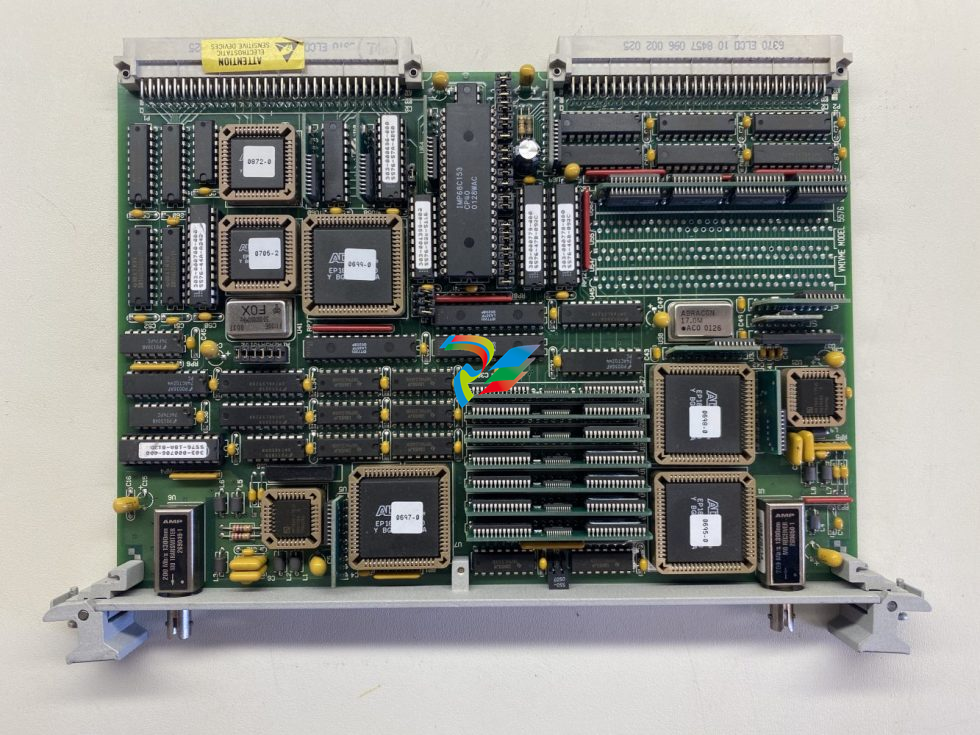
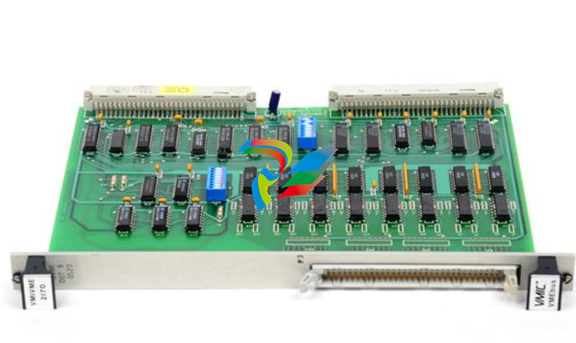
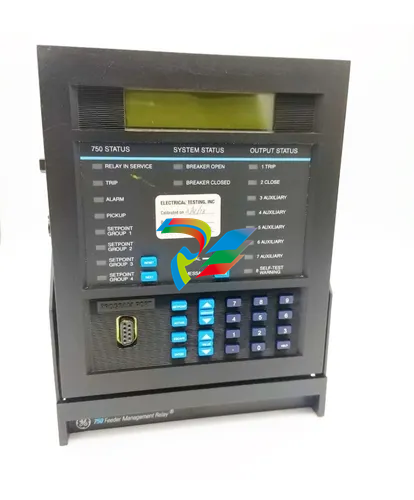
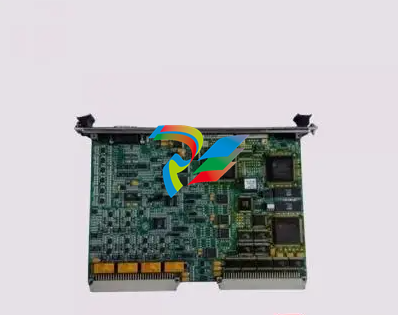
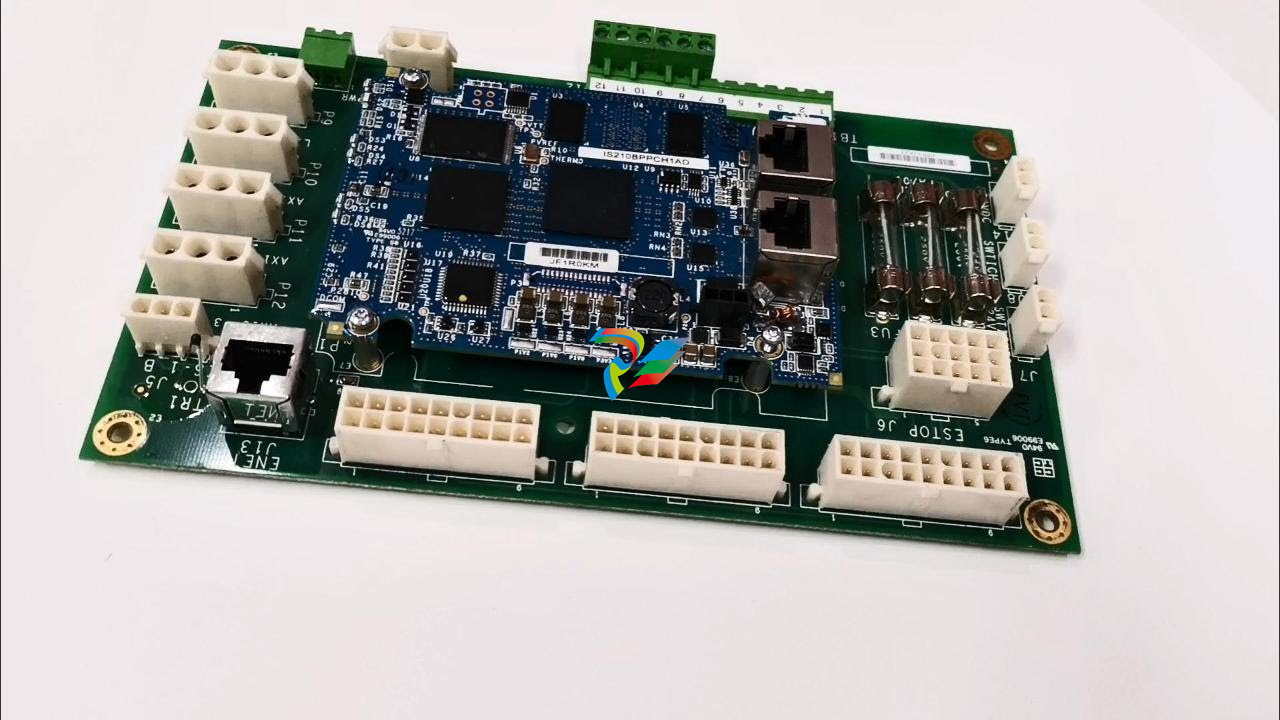
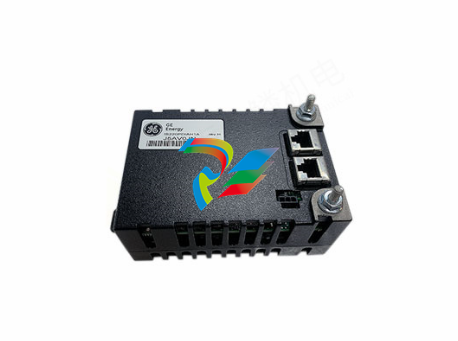
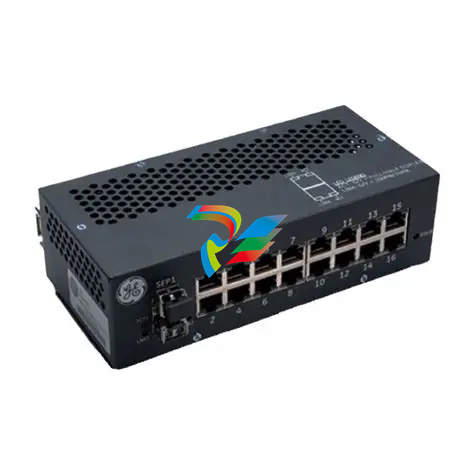
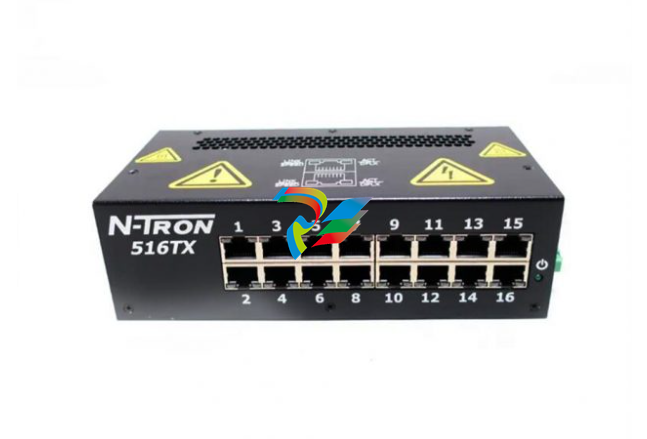
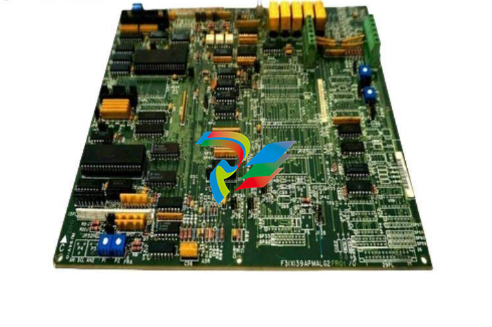
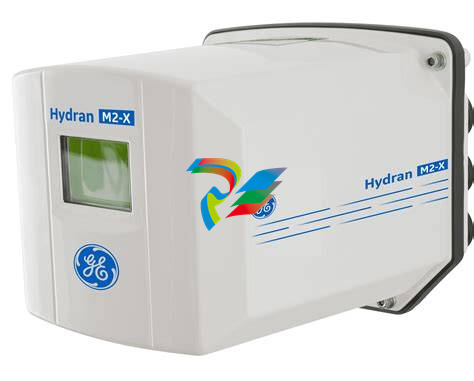
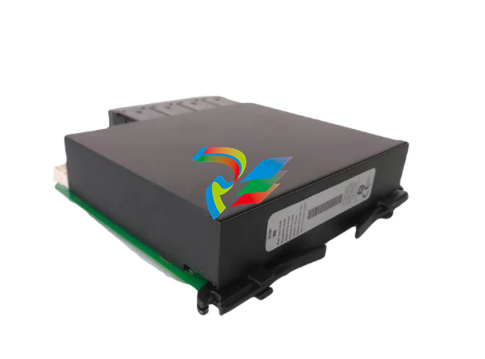
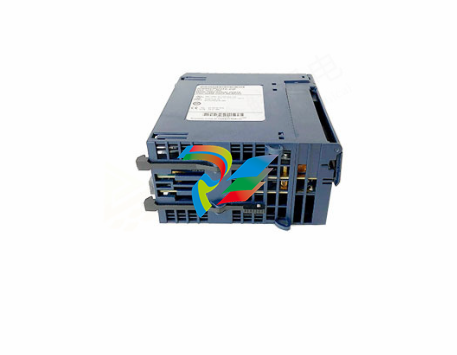
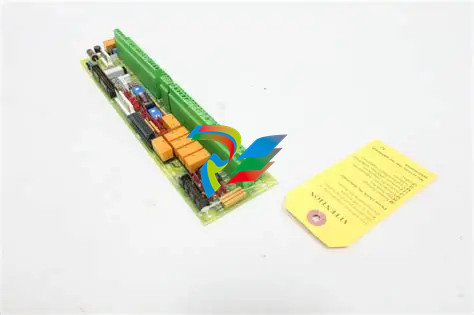
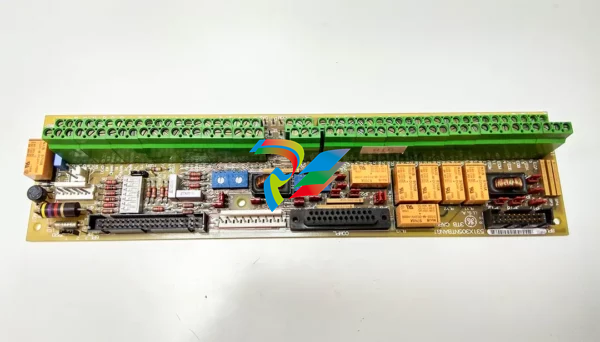
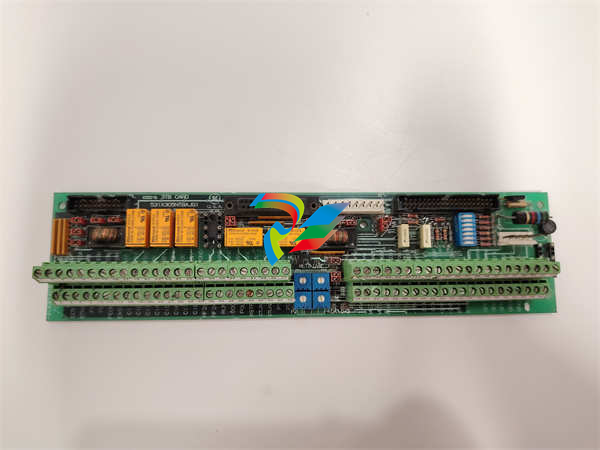
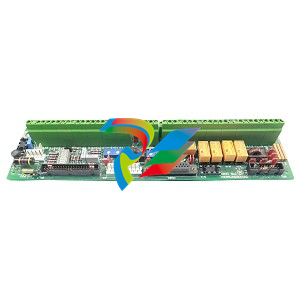
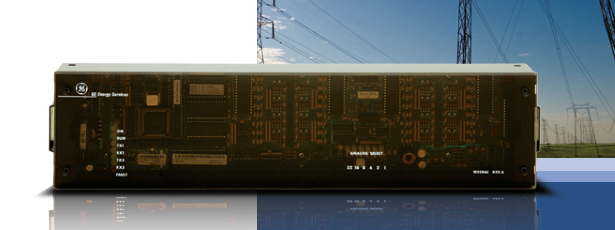
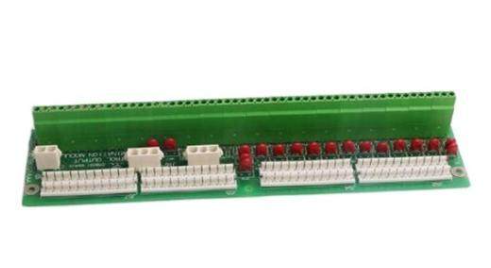
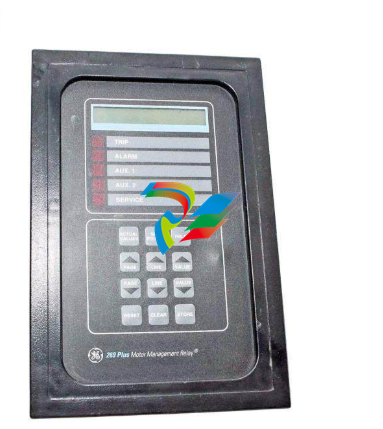
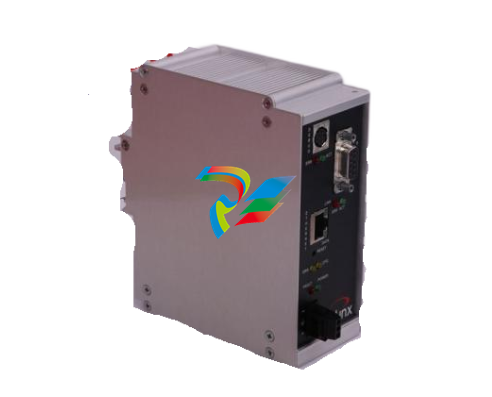
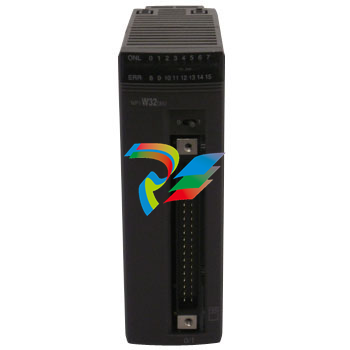
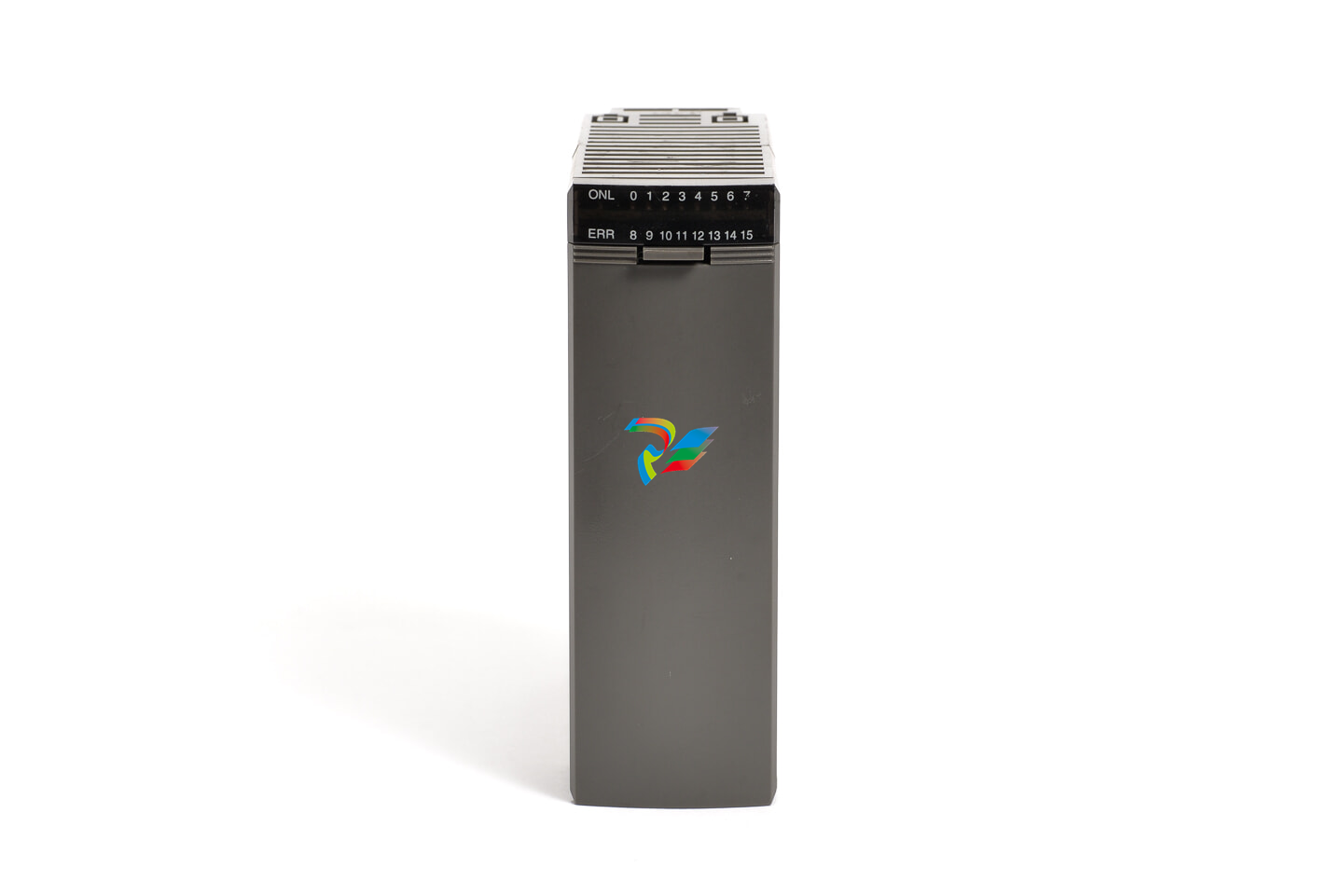
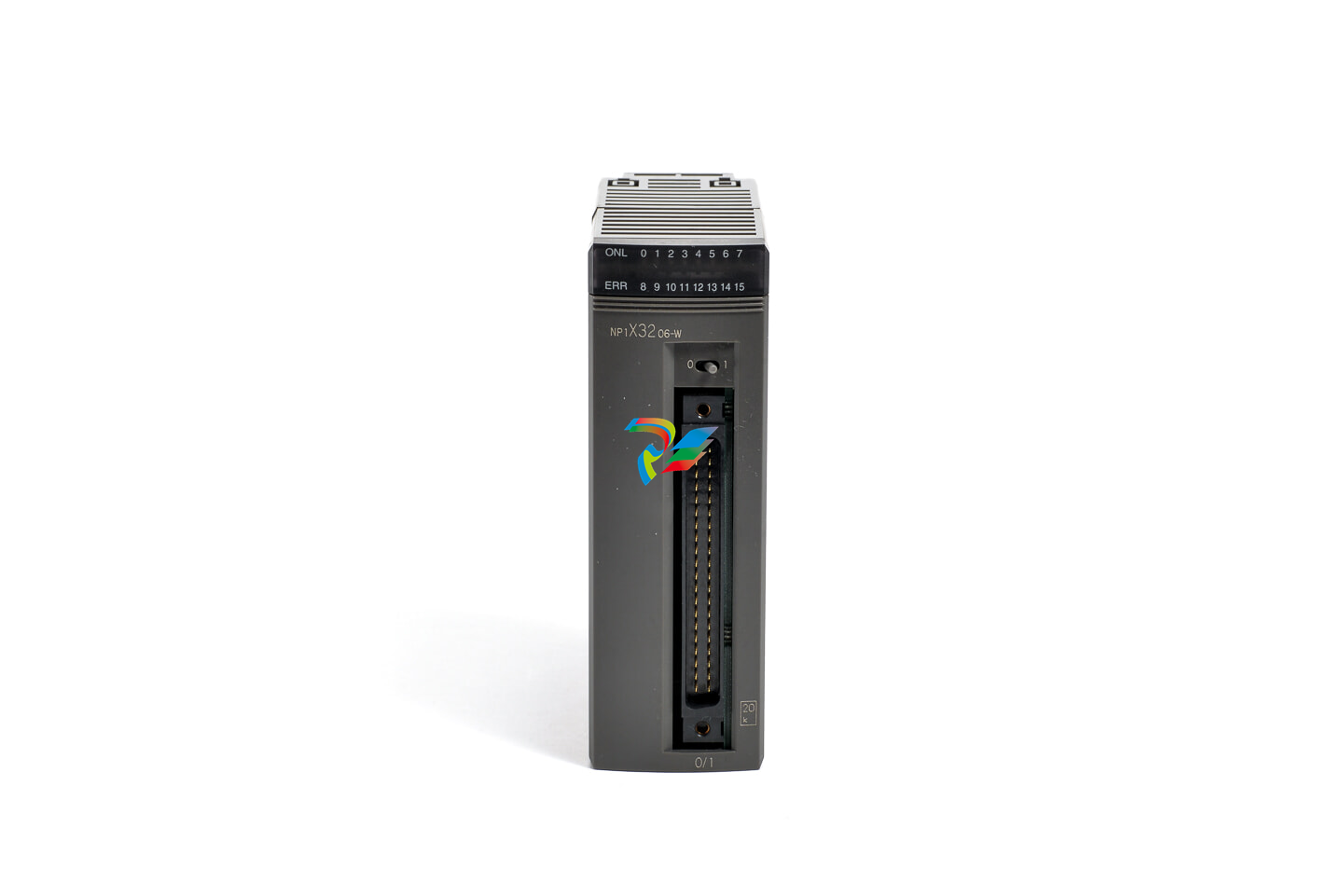
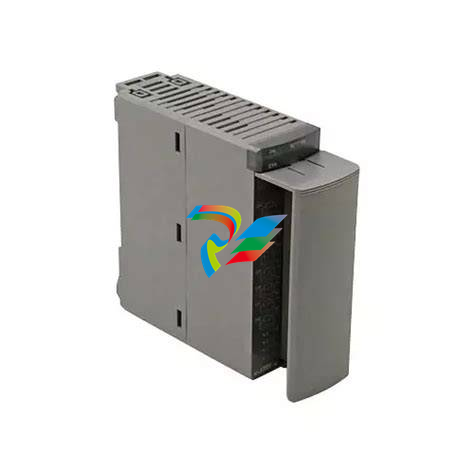
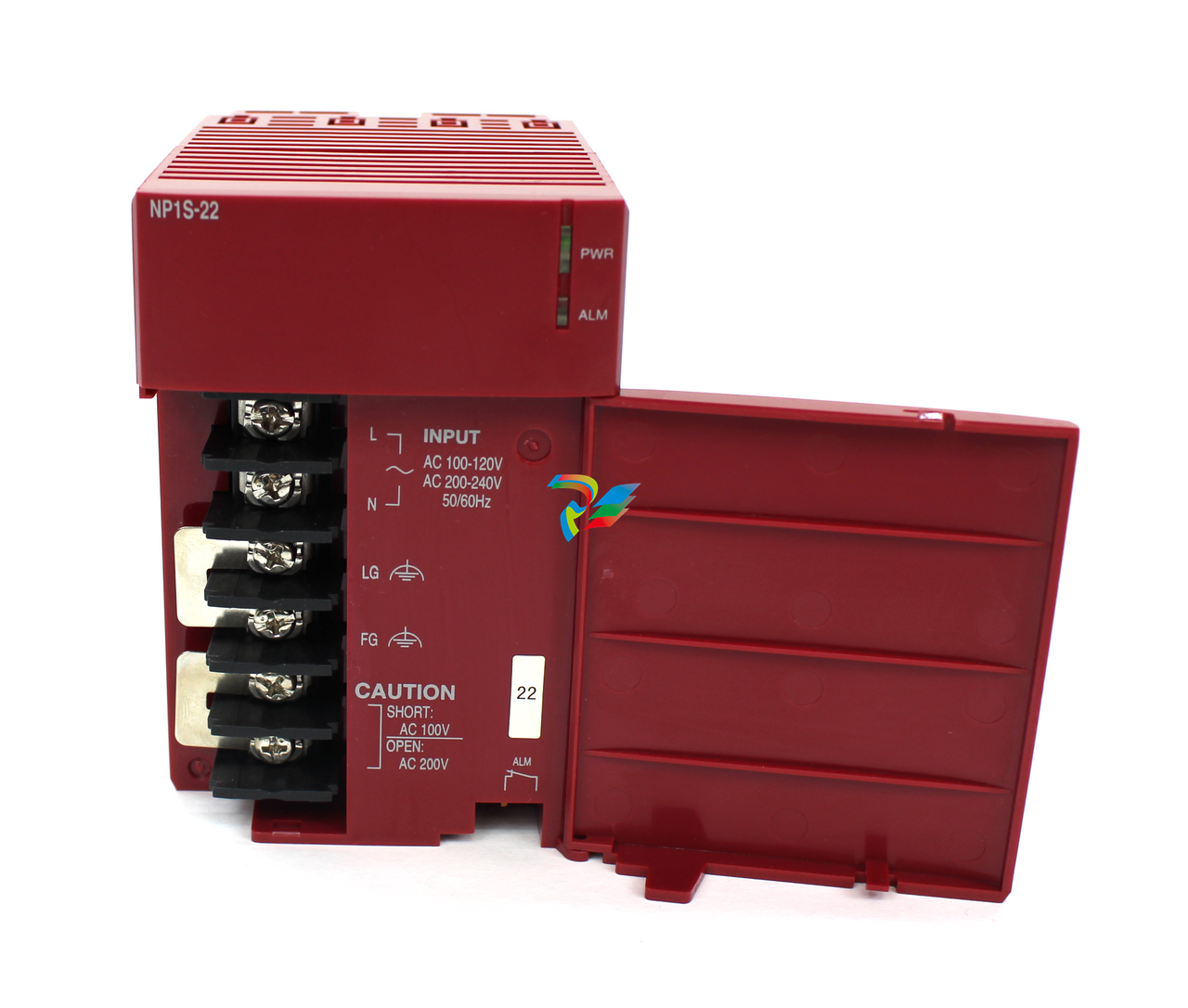
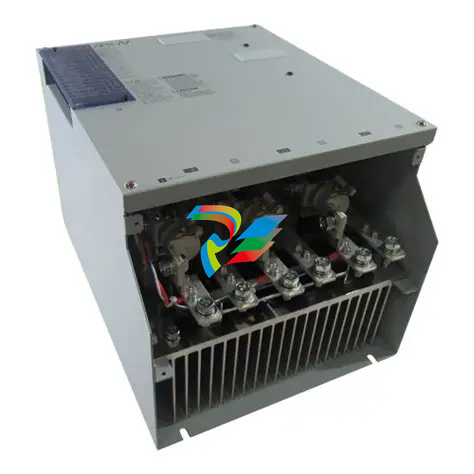
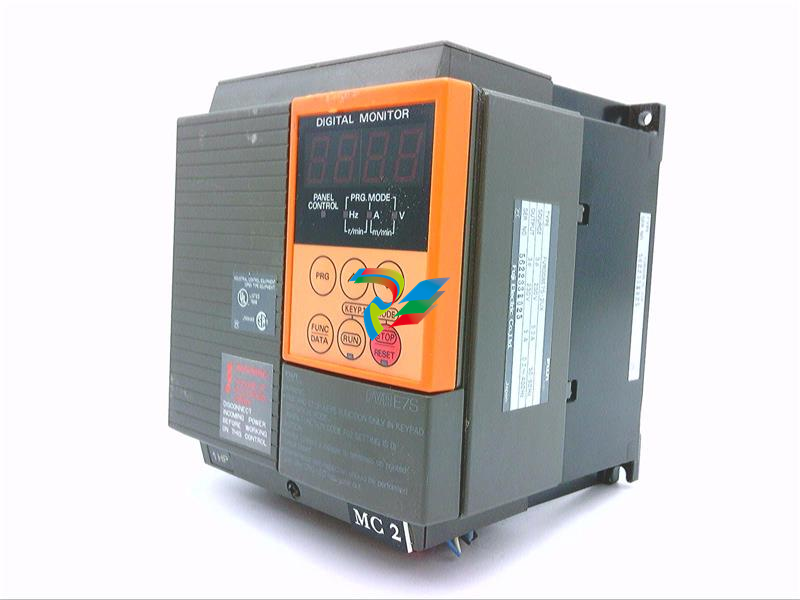
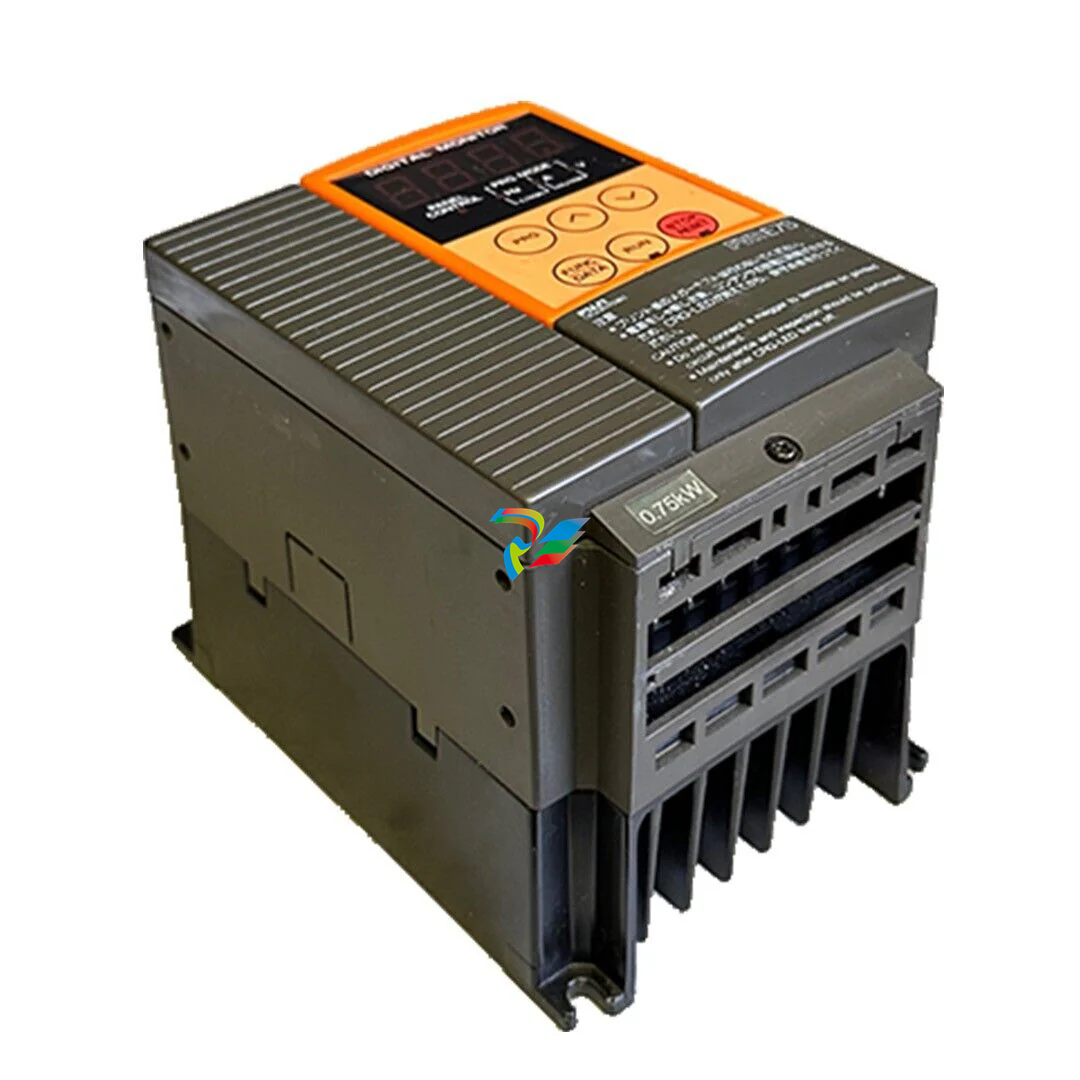
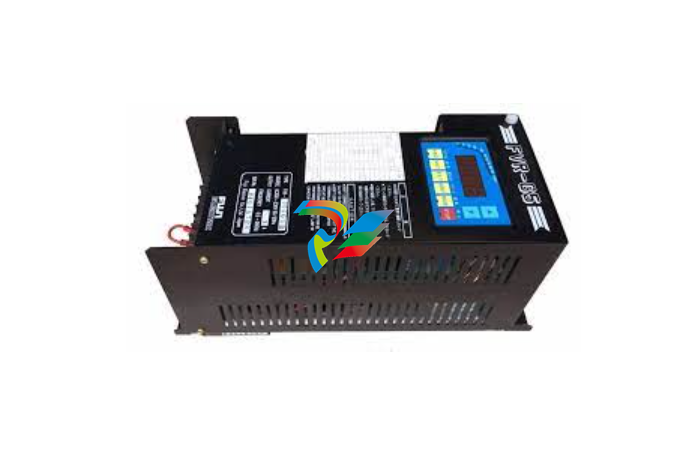
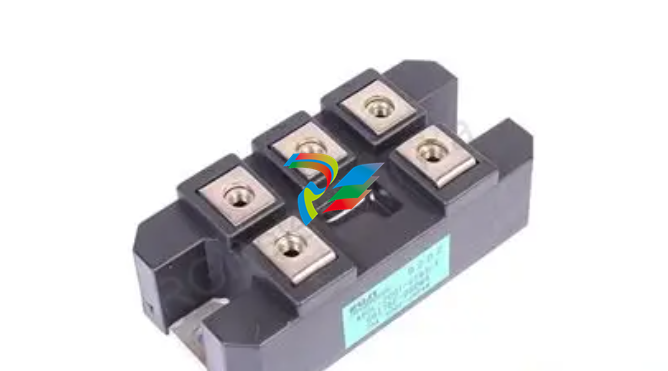
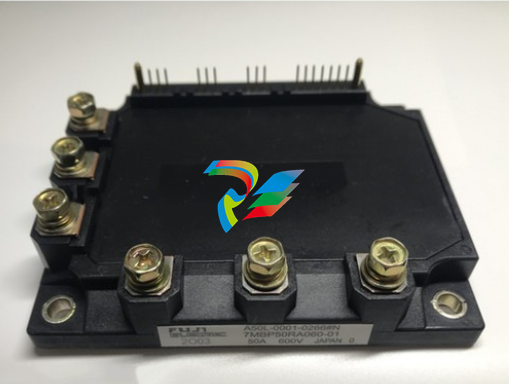
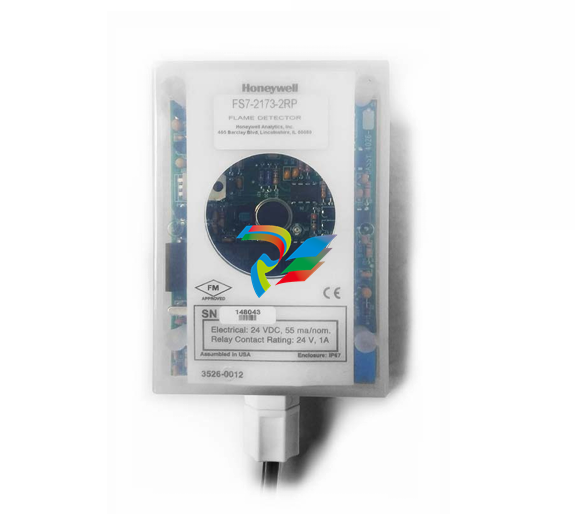
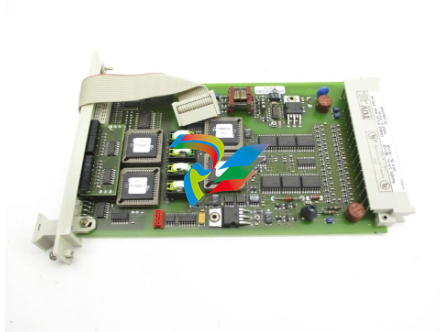
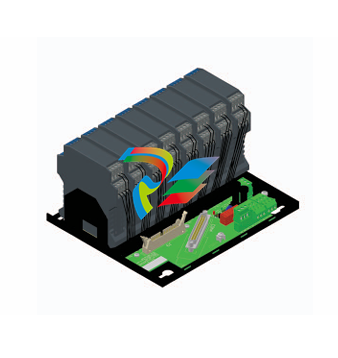
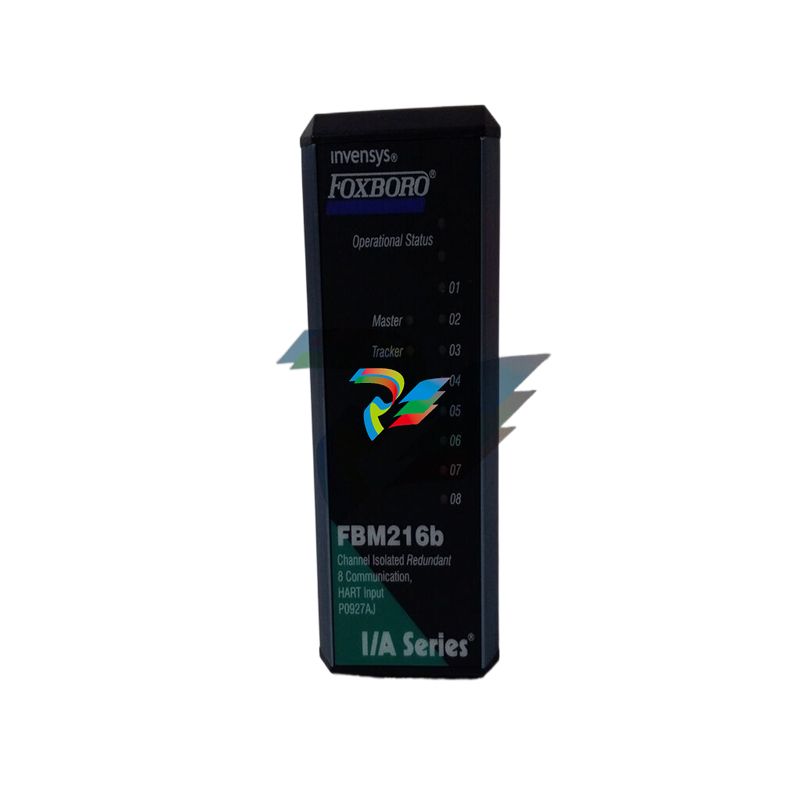
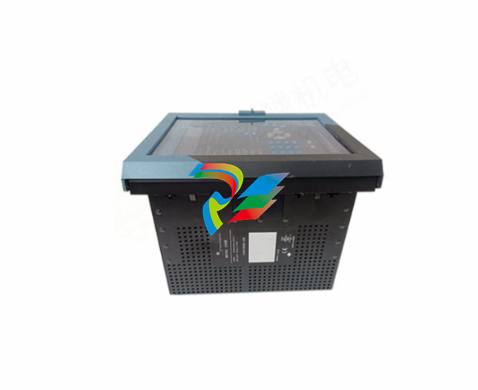
.jpg)
.jpg)
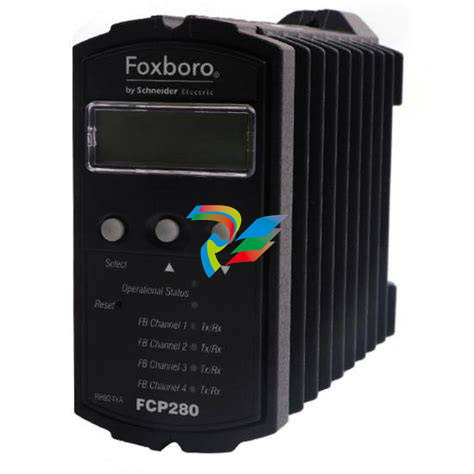
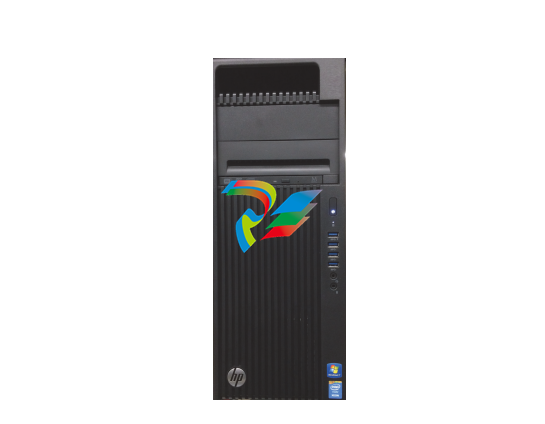
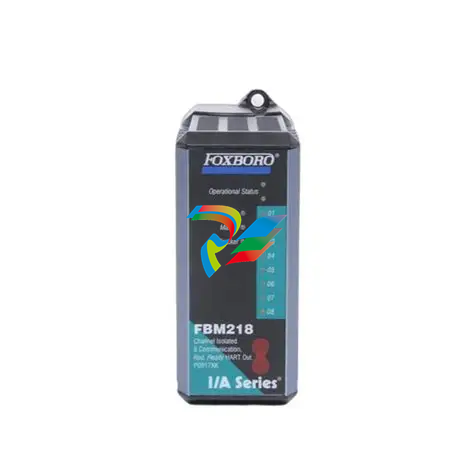
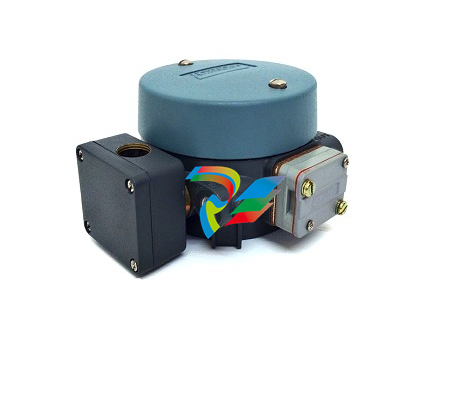
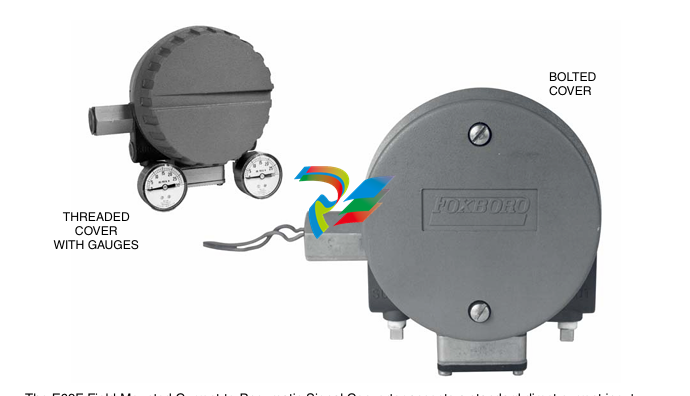
.jpg)
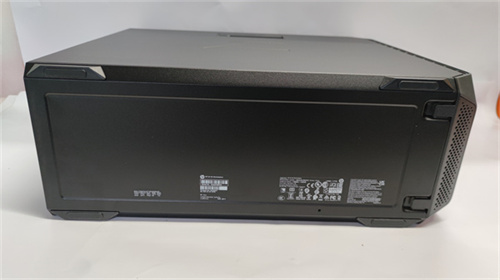
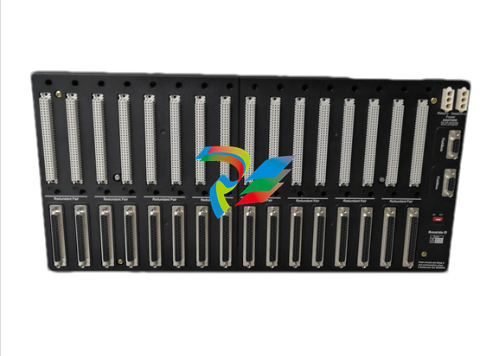
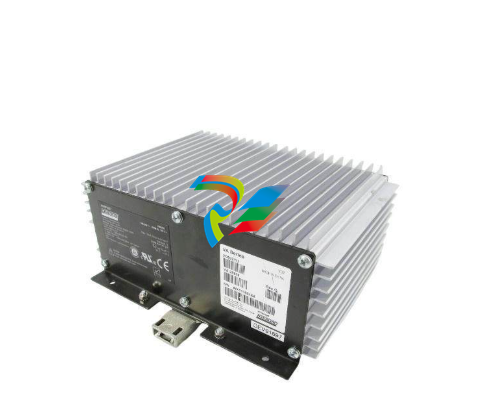
.png)
.jpg)
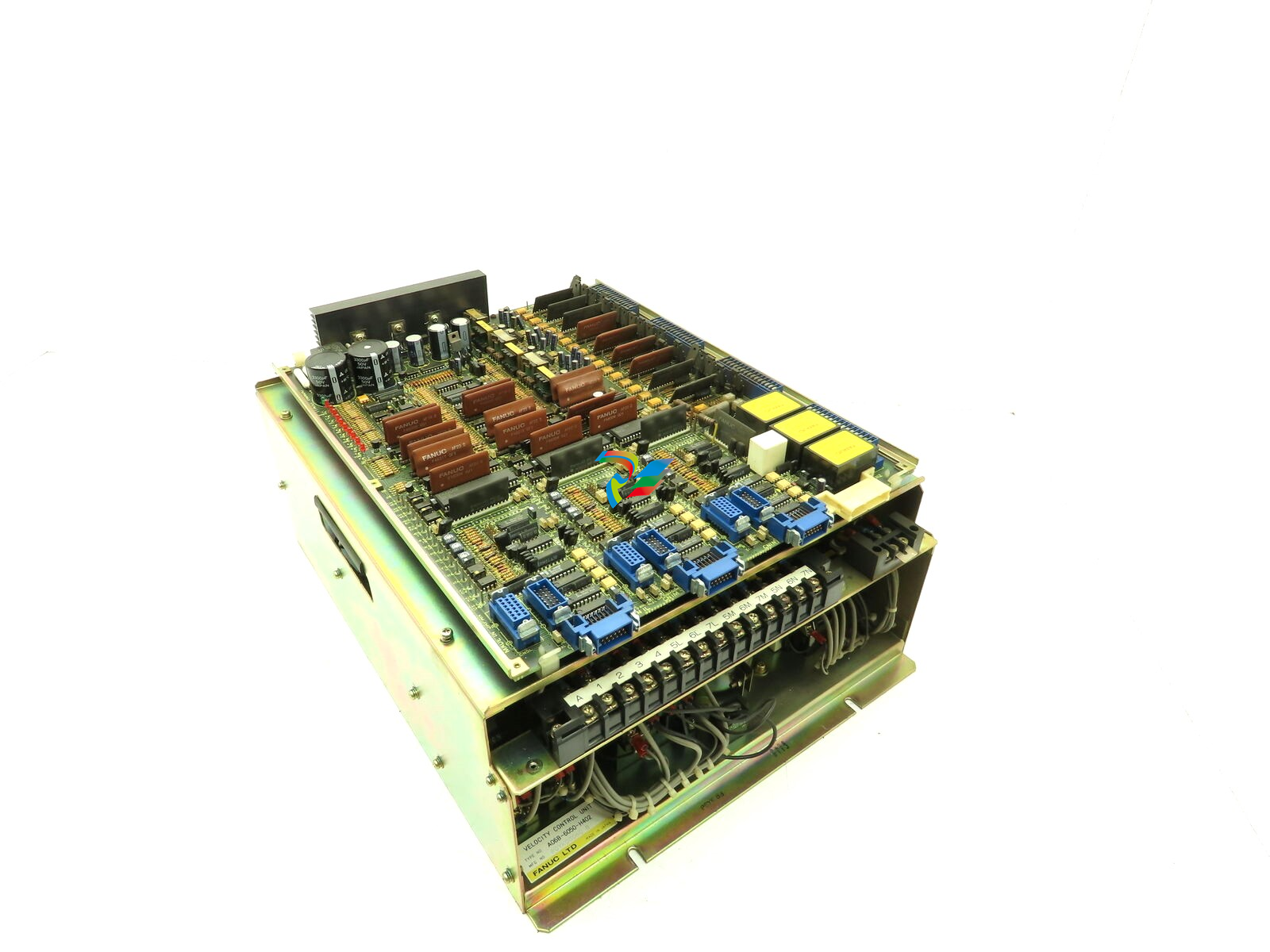
.jpg)
_lVjBYb.jpg)
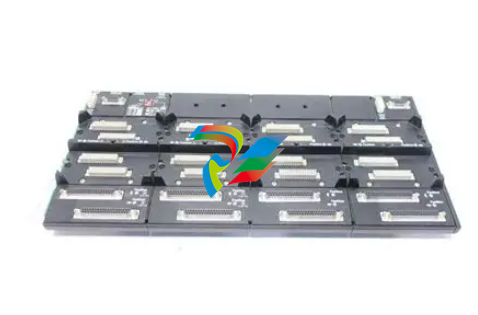
.jpg)
.jpg)
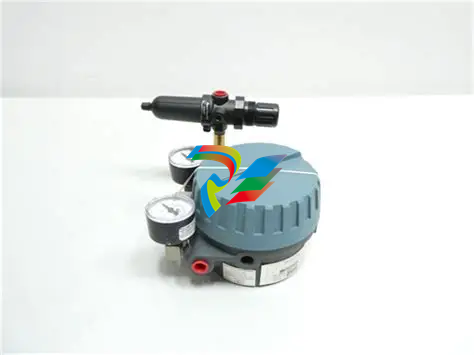
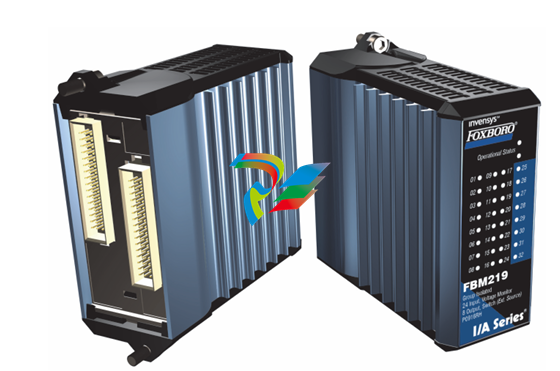
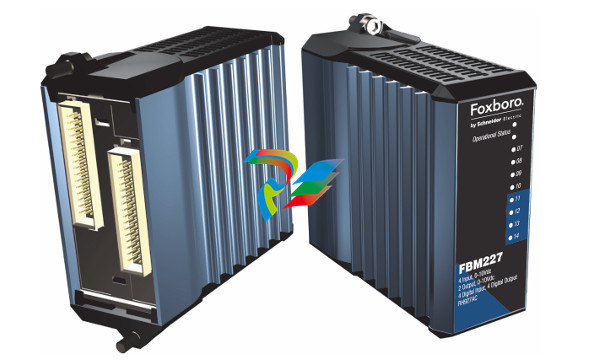
.jpg)
.jpg)
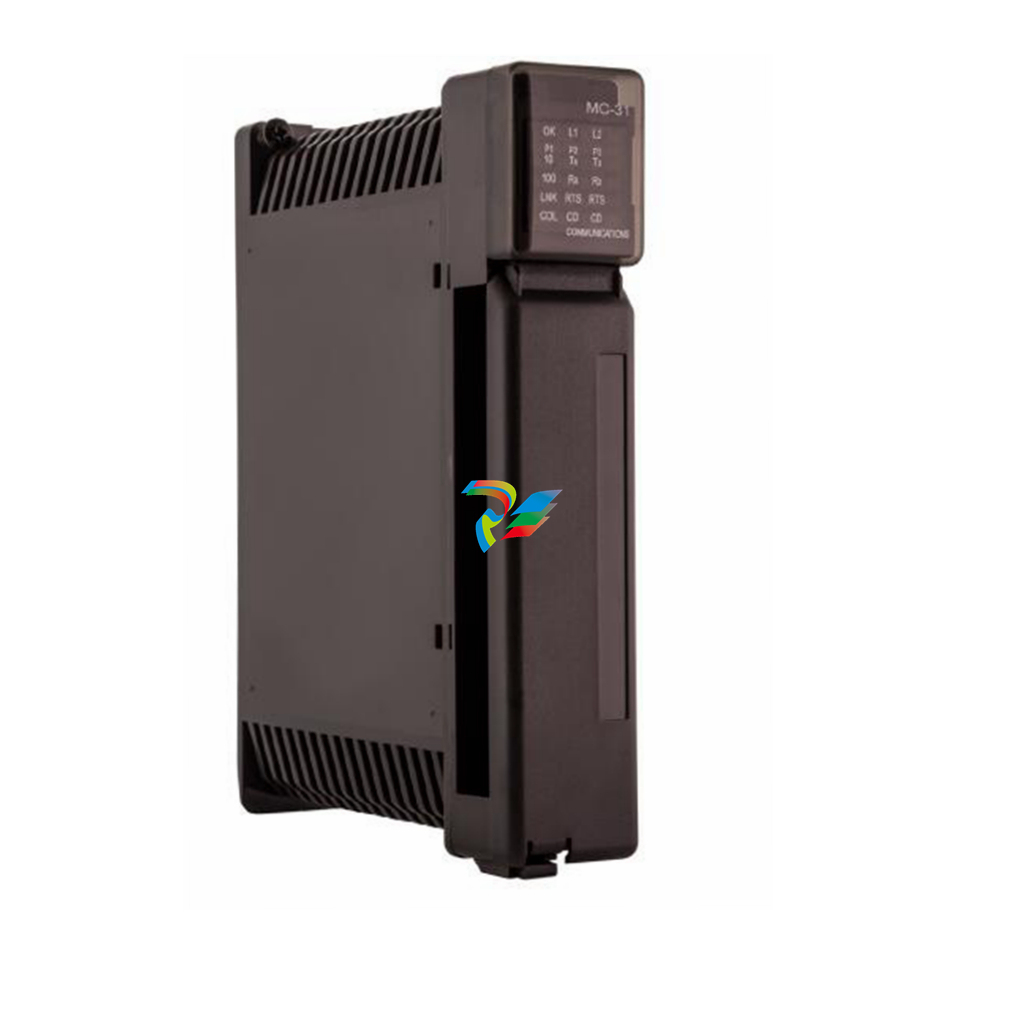
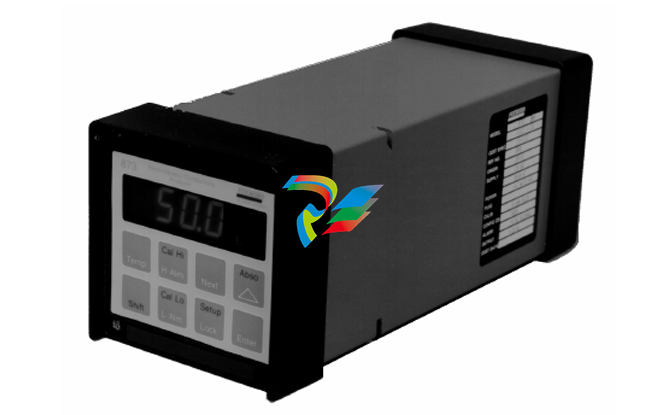
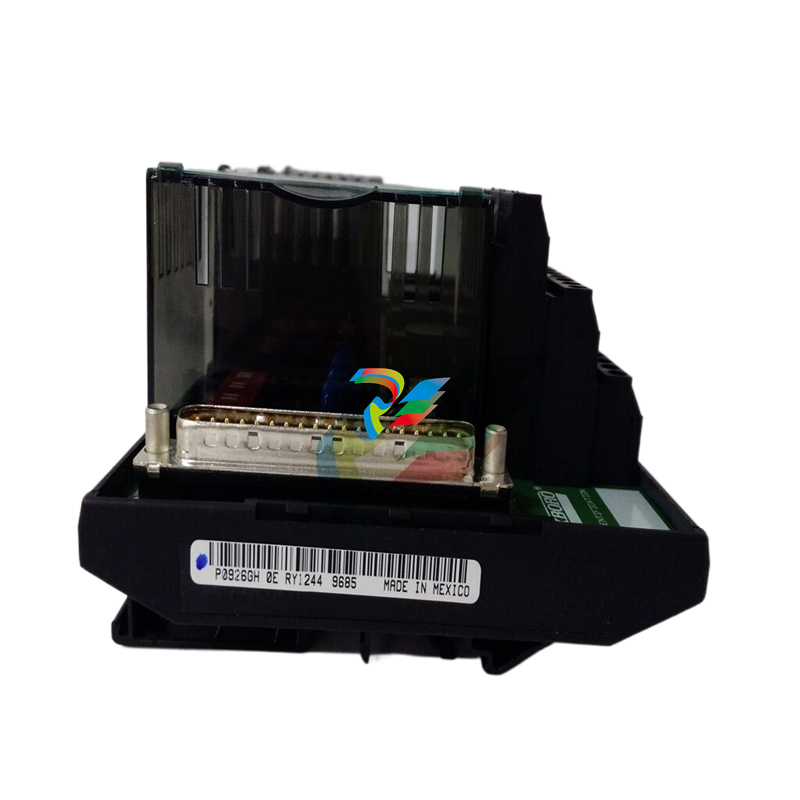
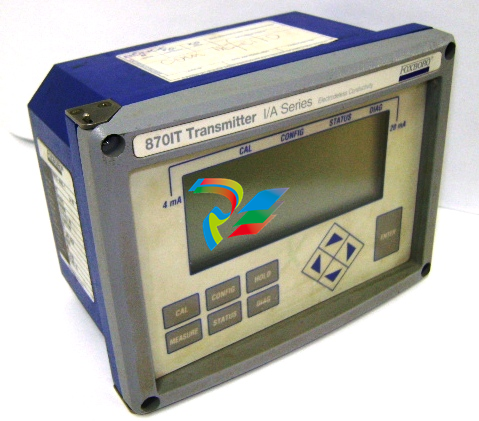
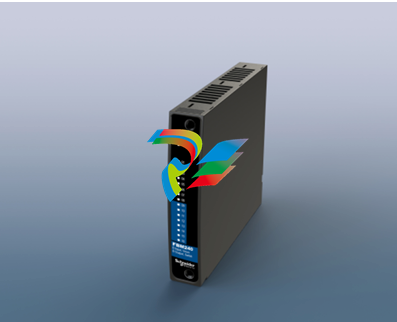
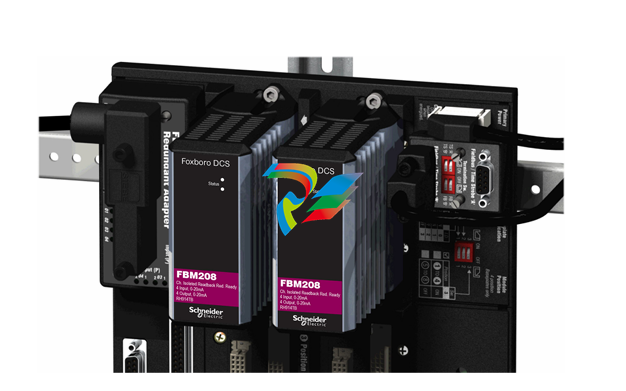
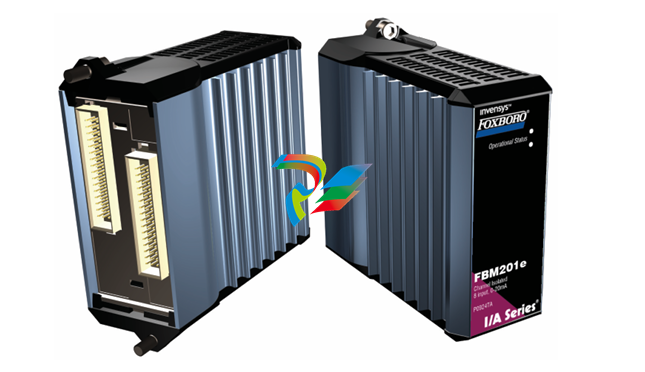
.jpg)
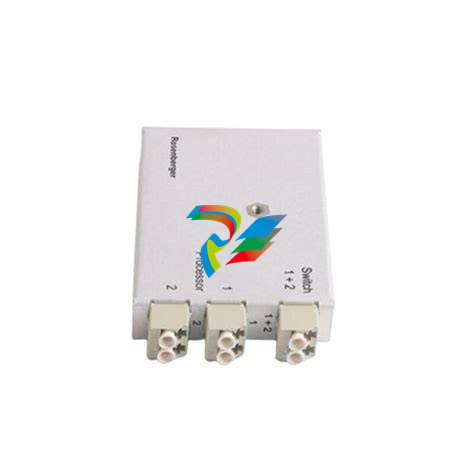
.jpg)
.jpg)
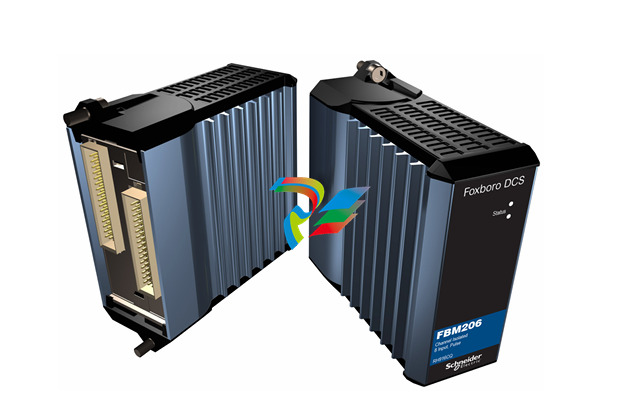
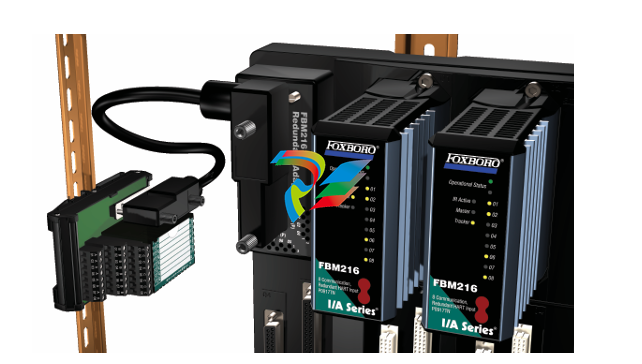
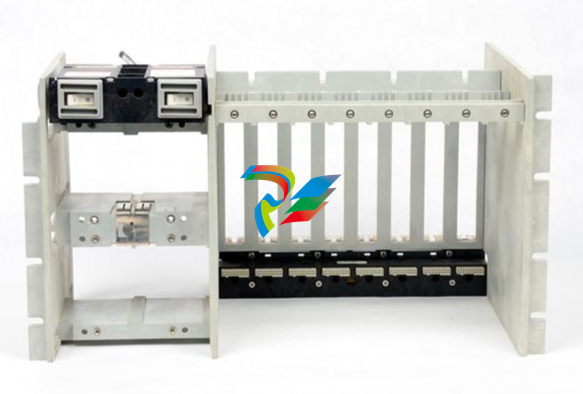
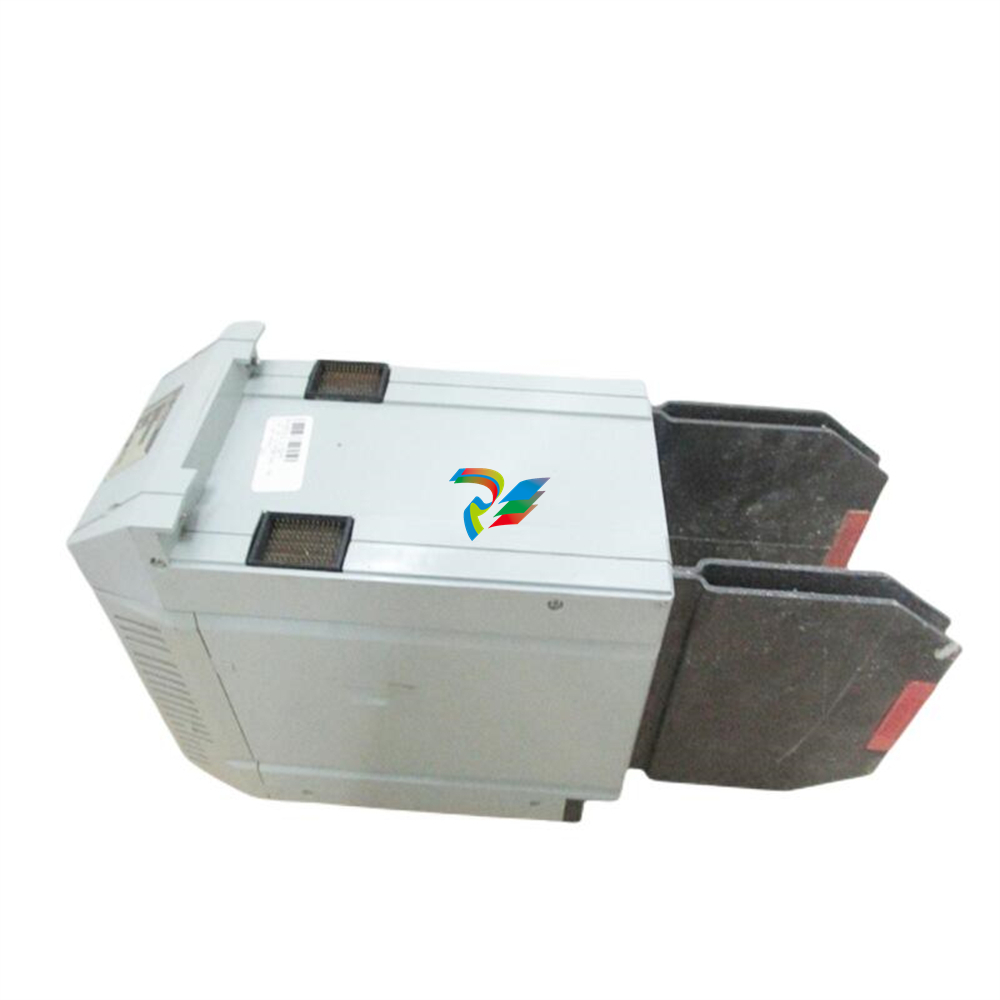
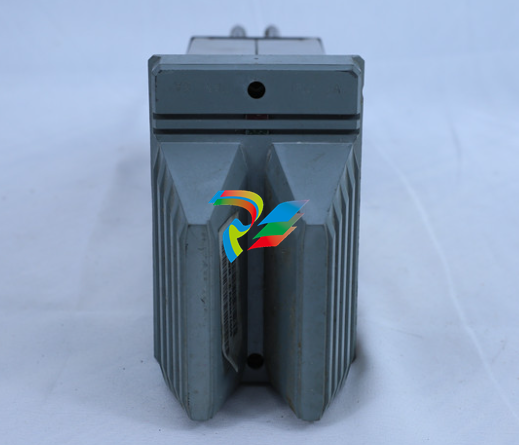
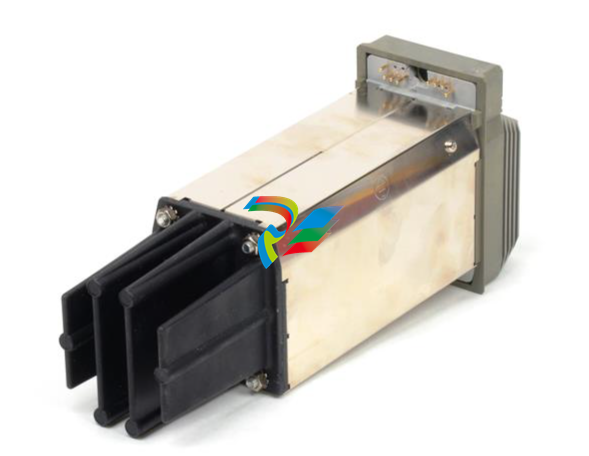
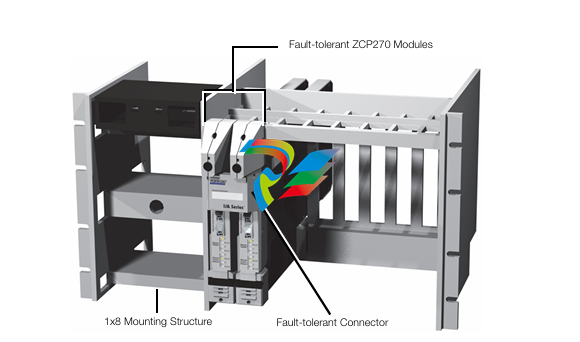
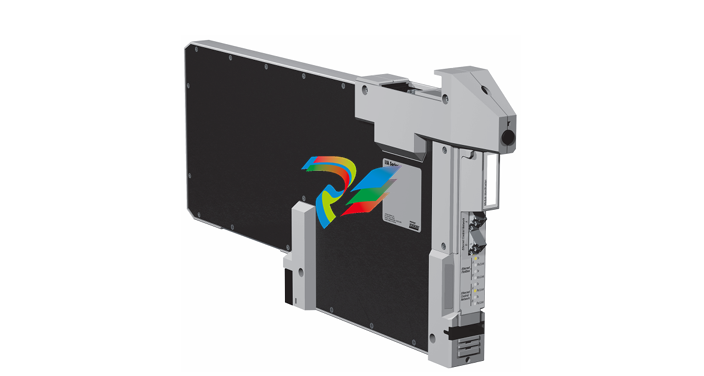
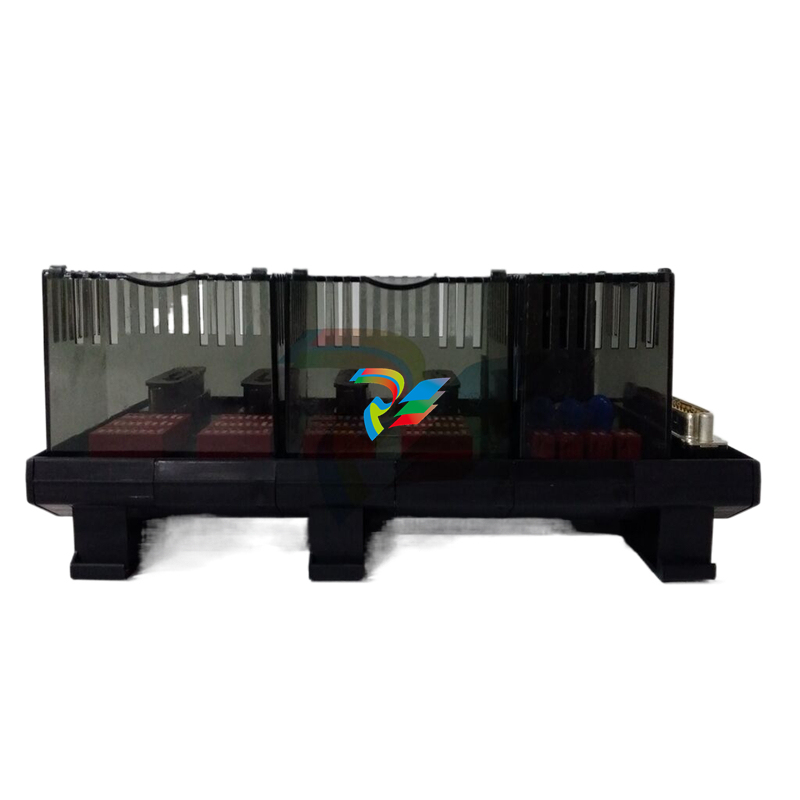
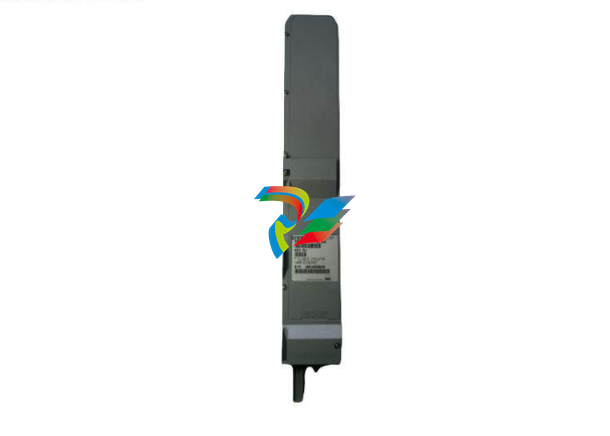
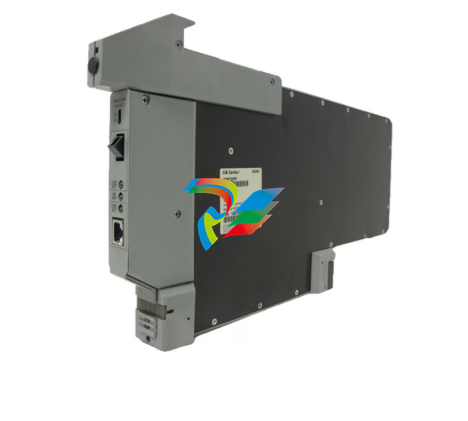
.jpg)
